Movies I Watched April 2025

The Wages of Fear - dir. Henri-Georges Clouzot
Seriously a phenomenal piece of cinema, bewildering in its scope. I find it too dour for my liking, weirdly, there’s so much inconsistency with the way the characters interact that I had a tough time getting much suspense out of it, but if viewed purely as an expression of sweat and blood it’s one of the best there is. It takes like 40 minutes in the beginning to set the vibe of the film and I love when movies have scripts with plenty of atmospheric fat around them, gimme the vibe, let me get acquainted with the setting. 7/10.
-
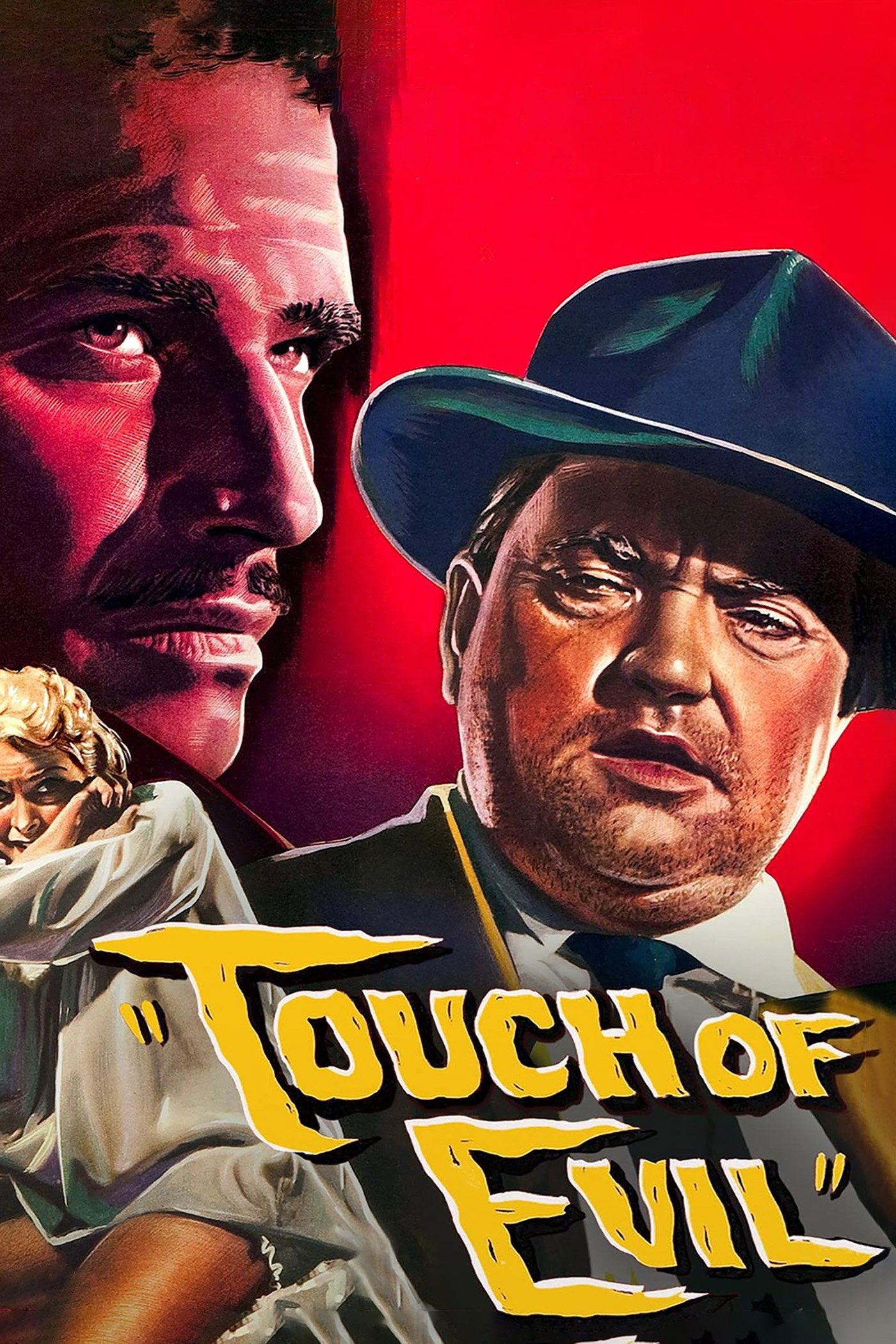
Touch of Evil - dir. Orson Welles
Great men. Great detectives. Going off your gut. Under Orson Welles’ microscope, they become totally fucking gross. It makes so much sense that this is the same filmmaker who made Citizen Kane, the same fascination with American idols remains in full swing; there it was an uber-wealthy Randian icon, here it’s a racist noir cop. The trick Welles pulls is pretty simple, he makes the cop the most disgusting piece of shit imaginable. He makes it absolutely impossible for you to root for him, but because of Welles’ physicality and the ever-present twinkle in his eye, the character of Hank Quinlan remains intimidating and threatening. Right up until the very end I thought he’d win. 8/10.
-
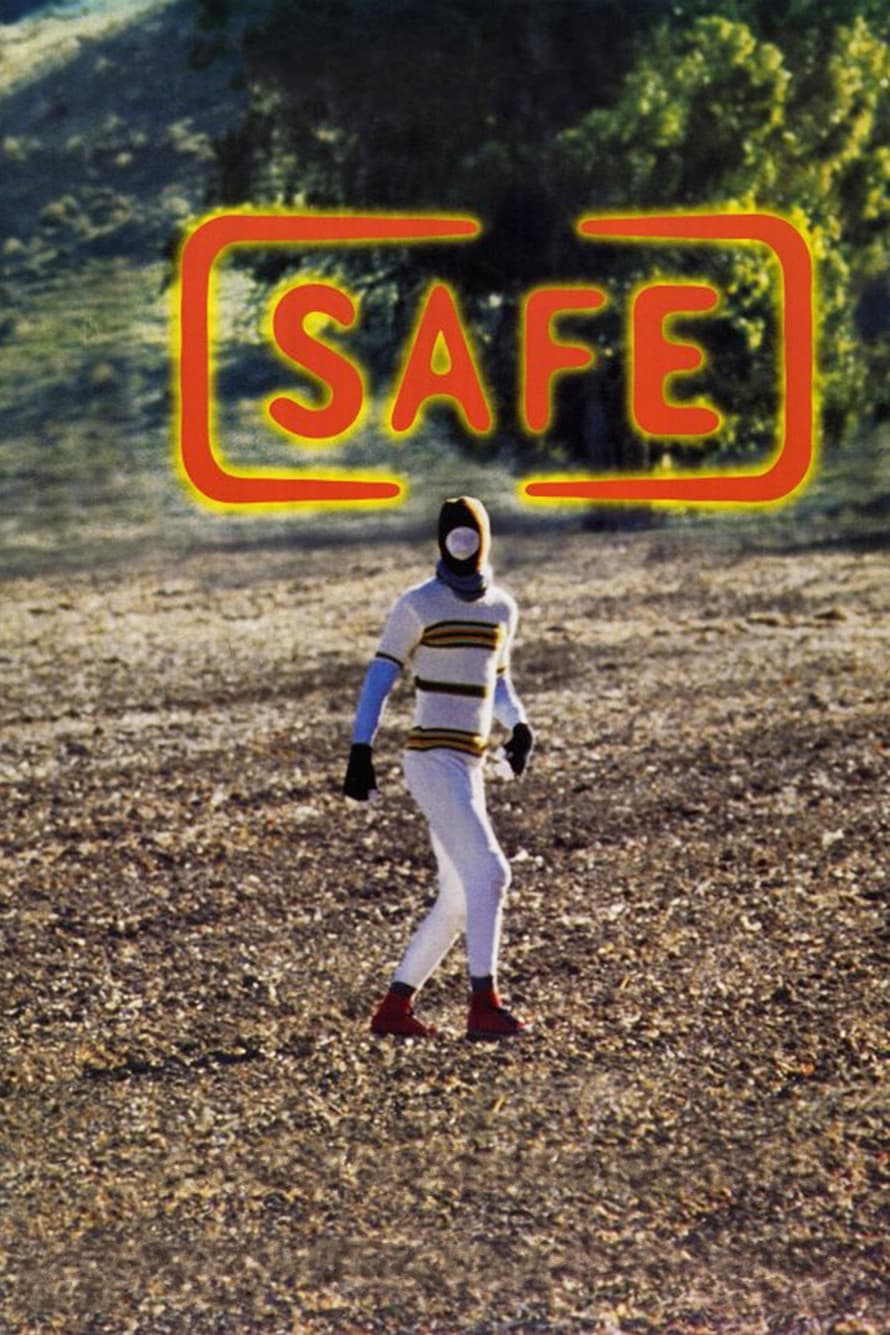
Safe - dir. Todd Haynes
At one in the afternoon I take my prescribed lexapro tablets. It started off as zoloft a few years ago. Eventually I got to a high enough dose of that I realized it wasn’t working. Switched to prozac. Took my boners away, made me glum. Stopped taking it for a while. Had a month-long battle with insomnia that brought me to my knees and now I’m on lexapro and this shit barely works either. It never fucking ends, man. It never fucking ends. I guarantee you my great grandpa hiding from Nazis needed less medicine to keep himself sane. What am I dealing with, comparatively? What is so goddamn anxiety-inducing about being a middle class college student? What right do I have to be sick?
I think this world poisons us. I think we have engineered a poisonous world. I think we have allowed these inventions and developments to take on a buzz. A hum. The hum doesn’t stop. The hum never quits. The screens are in your pocket. The screens are on the walls. The screens are in your mind. When I try to go to sleep I have dreams about screens. When I walk outside all I hear is the rumble of the engines. When I look at the horizon all I see is smog.
And there’s all this advice out there. About what I should be eating. How I should be exercising. How I should be allocating my time. How I can optimize my posture. How I can maximize my shaving routine for the best possible results. How I can refragulate my corneas to floxitize my splorging sessions. Oh god it’s all so helpful. All this information. So readily available. Oh you have niche obsessive interests. Must be autism. Oh you have a hard time staying committed to things long-term. You might have ADHD go get that checked out. You can’t stop ruminating on mistakes. OCD!!!! YOU HAVE OCD!!!! YOU HAVE FUCKING OCD MAN!!! HAVE YOU TRIED MEDITATION??? HAVE YOU TRIED GOING OUTSIDE FOR WALKS?? HAVE YOU TRIED WORKING OUT!?!?!??!?!! HAVE YOU CONSIDERED HIKING MORE OFTEN????!??!?!?!?!?!
The soul is sick. Maybe it’s not even psychosomatic. Maybe it’s spiritual. Maybe I took a dive in a polluted river and got cursed by some ancient shinto oni or some fucking crazy ass bullshit. Maybe I made it all up. Maybe I’m overdramatic. Maybe I should just take a deep breath. Maybe I should reconsider posting this review to letterboxd. Maybe posting this will reduce my chances of getting hired in the future. Maybe I’m fucking my career. In what? Acting? Good luck, right?
Anyway. Great movie. Loved it 10/10.
-
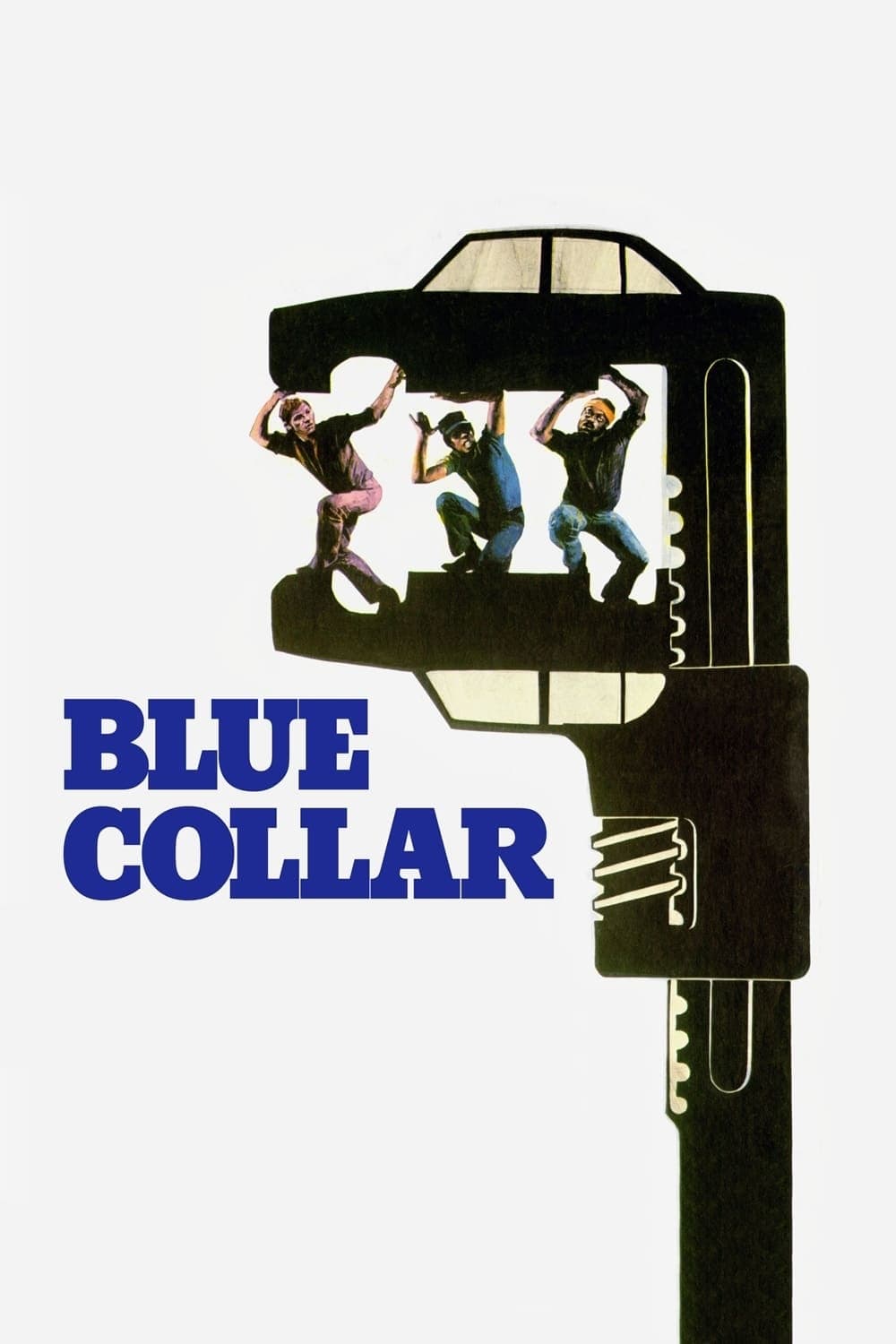
Blue Collar - dir. Paul Schrader
Spells its message out pretty clearly to the point that I struggle to add anything meaningful. Just a very angry film, rightfully indignant and full of lacerating jabs and commiserating bitterness. Paul Schrader’s individualism and hatred of institutions knows no bounds. Shots fired everywhere. Fuck the system. 7/10.
-

American Gigolo - dir. Paul Schrader
The slick paint job rusts, the extended warranty doesn’t begin to cover the damage. You go to shift gears but the car breaks down, sprockets and hubcaps thunk out of the vehicle and oil pours out. The facade has been unraveled–your Ferrari body was a means and not a soul.
Julian Kaye was brought up by his mistress, his skills are taught. The sheen is learned, not innate–and yet he is a master of his craft. He is wholly devoted to his profession, he is committed to the pleasure of women. When he eats pussy, it’s work, it’s craft, it’s labor. You have to commend the specialist but the separation of business and pleasure dooms him in the end, the performance of masculine perfection can only go on for so long before it fades and all you’re left with is a husk.
A steamier remake of Pickpocket with all the care and fascination for its main lonely devotee, whose soul is fatefully redeemed by the acceptance of love. 9/10.
-

Nostos: The Return - dir. Franco Piavoli
Waves comforted me, even as they took apart Odysseus’ raft and left him stranded. The solitude filled me with ease, like I was the one person left to observe the totality of our construction, the dusty winds blowing through our decrepit monuments, the ones we built to honor gods that passed on long ago. Franco Piavoli, you are something special. 8/10.
-

The Day He Arrives - dir. Hong Sang-soo
I love the way Hong Sang-soo shoots kisses, he makes them look so tender and sexy without even trying.
Sometimes it takes a while to fall into the rhythm of a Hong film but eventually I get there, and I always feel like I’m right there with the people on screen. I don’t call them characters because I don’t see them as characters. I don’t think Hong sees them as characters either, they are just vehicles for conversation. They are there to be filmed.
Unfussy, melancholic filmmaking. Soju on a wintry day. Goddamn I wanna go back to Seoul someday. 8/10.
-

The Day After - dir. Hong Sang-soo
Harshly autobiographical, like looking in a mirror and grimacing at your own pathetic hangdog stare.
The weight of your own mistakes. The weight of falling in love with a coward. The weight of being that coward.
Maybe my new favorite Hong. 9/10.
-

End of Watch - dir. David Ayer
A very dangerous film in how it positions its realistic presentation. It is plainly meant to convey a sense of naturalism, and in this effort I think it “feels” quite real, it humanizes the cops in a way that I haven’t seen other films do, but therein lies the danger. The criminals do not receive even close to the same amount of care and attention. It leaves us with the impression that cops are complex, which is true, obviously, but that their enemies are not.
I’ve read a few reviews that fall for the bait, that go “I have nothing but respect for cops.” So many times in this movie our two main guys escalate conflict for nothing. They are definitionally bad cops who by virtue of written circumstance get rewarded by the moral rules of the fictional universe. Fine and dandy as a cop film, and I do give it 3 stars for being compelling as a character study, but I find its framing insidious at worst, misguided at best. The opening monologue of the film seems goofy and self-serious enough to be prime setup for subversion, but by the end of the movie it’s clear that it is in fact 100% earnest. The movie buys its own propaganda. I think if Clint Eastwood directed this there’d be more moral complexity. Potentially a 9/10 film under his hands.
As it stands–this is just run of the mill copaganda. Well made copaganda, maybe some of the best I’ve ever seen, but still just copaganda. 6/10.
-
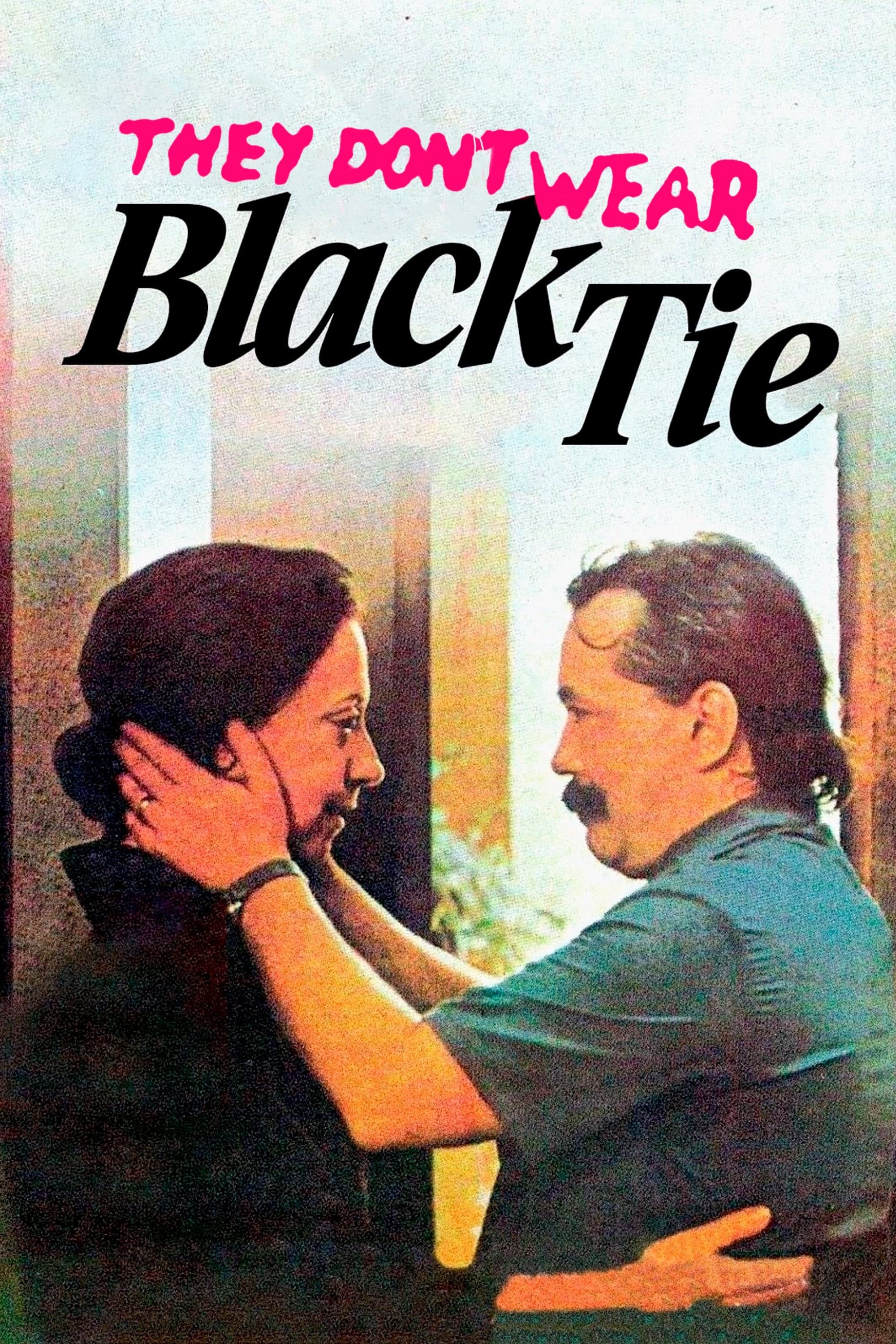
They Don’t Wear Black Tie - dir. Leon Hirszman
How do millennials feel looking at Gen Z growing up into the generation that got Trump into office? I feel like we betrayed the values we were supposed to have in a cosmic way. The generation that Bill Gates, noted billionaire, alleged would save the planet. Obviously, there is irony in one of the world’s most powerful men shirking responsibility onto the shoulders of a generation that was, at the time, barely pushing high school.
At the same time, I thought we would grow up and save the world too. I looked at these old fucks in government and thought–once these guys get phased out, it’ll be our turn, and we’ll do things different. We’ll do things better.
Is it a personal failing for our parents that they couldn’t bring us up to be better? Did Gen X’s detached ennui get passed down? Did we all look at this dying world and think–well, there’s no point trying to salvage this thing. Nothing’s real, nothing’s genuine. The union dies for so many reasons, because the bosses sic the polices by force, because of inner turmoil, or because the inheritors of the class conflict decided it wasn’t worth fighting anymore. 7/10.
-

New Blood - dir. Soi Cheang
Highly atmospheric work from Soi Cheang, much in the same vein as Kiyoshi Kurosawa, more interested in the abstractions of alienation in horror than manifesting plot in any capacity. It’s not bad at all, but I didn’t get too invested. 6/10.
-

At the First Breath of Wind - dir. Franco Piavoli
When I was a kid, there was this show that I saw every so often towards the evening called “In the Night Garden” and it featured these weird little creatures akin to the teletubbies on this far away planet (I remember being utterly transfixed by the show’s opening, which if I’m not mistaken was a tranquil screensaver-esque float through space until we landed on the Night Garden? Idk. Either way shit stuck with me).
I remember the show having this peaceful sense of universality to it, as if to say that the entire world–nay, the entire universe–was going to sleep now, and it was my turn to do the same. At the First Breath of Wind has a similar sense of universality, even as all these disparate individual threads never come together. It feels as if humanity is one, even if our genes program our diversity from birth. At its core, this is a film about universal experiences, which Piavoli is fascinated by, as always.
He doesn’t really care about characters or stories, per se, and the most obvious answer is that he is mood first, but his moods are not abstract, they are grounded in primal feelings we all have–longing, lust, melancholy, fear, desperation, serenity. And he conveys these through image and sound. A piano narrating a woman’s journey on a train, a nightmare in the form of footage from an abattoir. 7/10.
-

One Million Yen Girl - dir. Yuki Tanada
On the second chances, the third chances, the fourth chances, near perfect as a film, exactly my kind of movie but for a few irks. Second half veers too much into melodrama, I wish the entire movie was exactly like the first half; playful, atmospheric, Suzuko traveling from place to place and taking it in sensorily, learning things, meeting people innocently. When we get into small town politics and surface-level romances the film starts to lose me, but I can forgive petty grievances when the overall vibe of this film is tailor-made for my cinematic sensibilities.
I related to this film so much because I know this experience like the back of my hand, the liberating sensation of leaving home, of being a quiet stranger in a state of observation, removing yourself from the equation. I just get it, man. 8/10.
-
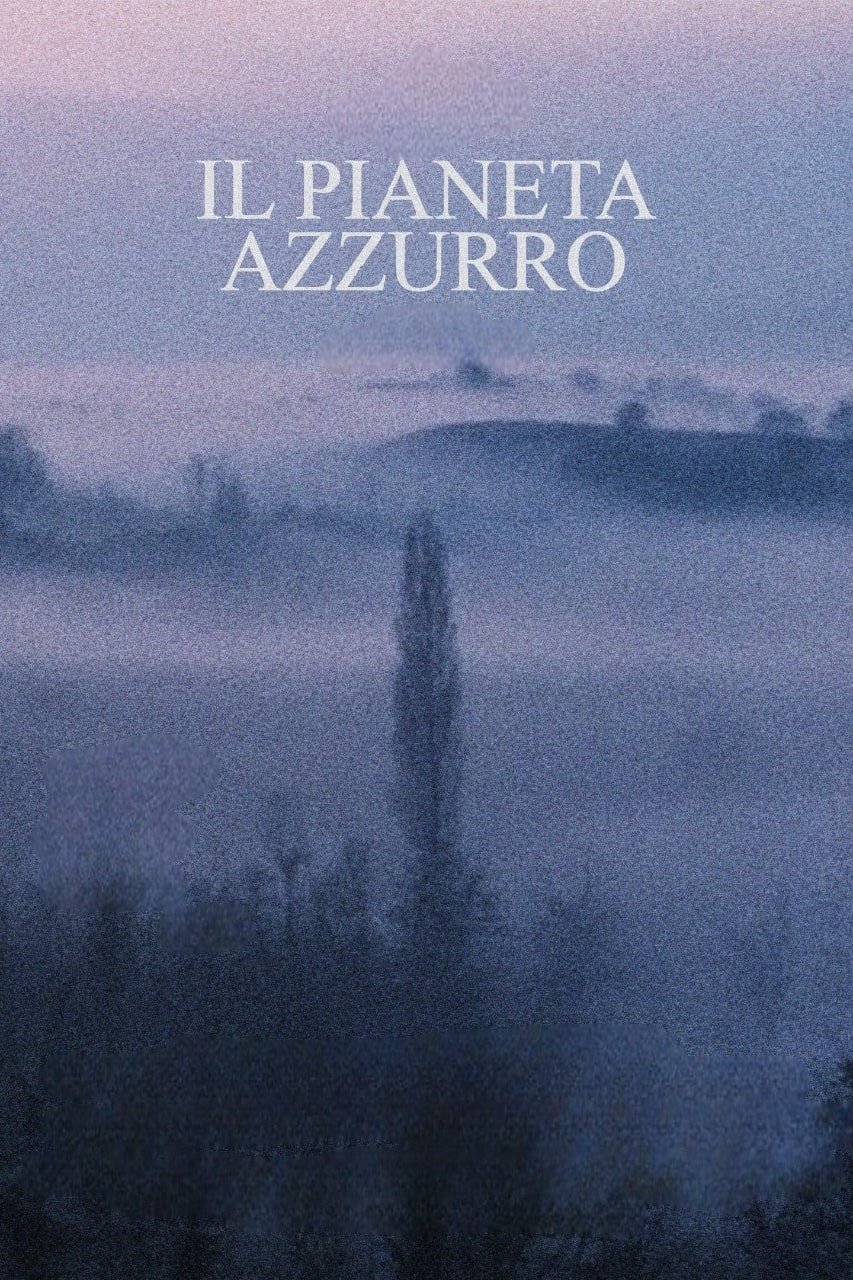
The Blue Planet - dir. Franco Piavoli
Franco Piavoli has conditioned my brain to equating rainstorms with orgasms over the course of three films, so when I see a barren world of water and ice turned into a teeming garden of Eden after rain sweeps through and effectively “pollinates” the blue world all I can think is “yeah that checks out.”
Piavoli is a terrific filmmaker not because his shots are pretty (though they are very, very pretty), nor is he a terrific filmmaker because his images are seeped with meaning (though they are very, very meaningful) but because the images cascade into each other with intention. The meaning is not from the image but from the conjunction of images. It is in the way he uses the sounds and images in unison to evoke.
I just think it takes a certain kind of genius to make rainfall feel like an orgasm. 7/10.
-
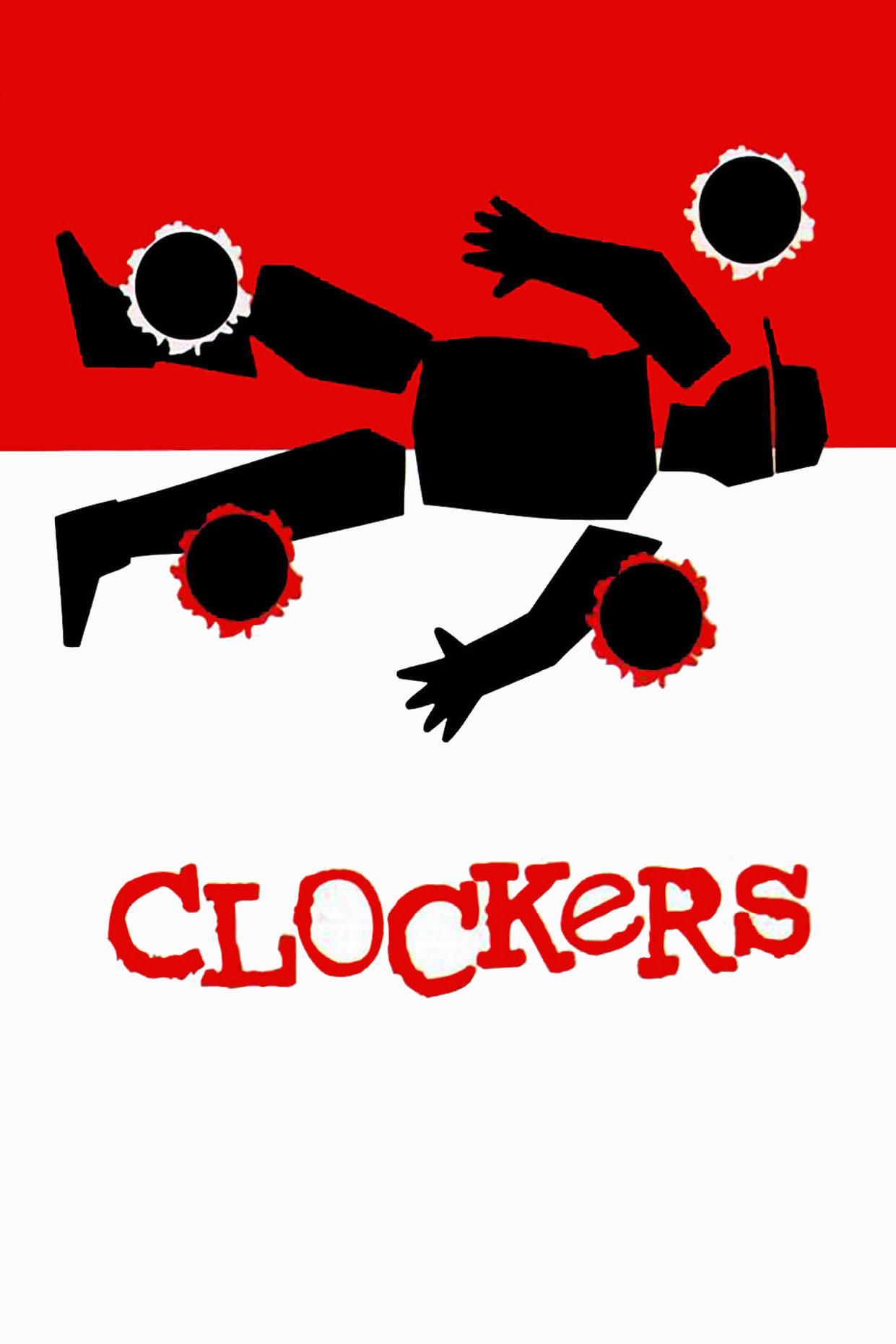
Clockers - dir. Spike Lee
Street level politics, so much pressure and responsibility squeezing the brain of a kid who got his prospects squandered by a system he was born into that he may just explode. Or vacate the premises, which is what ends up happening. Spike Lee’s work from this era is like a bottle rocket, he shows how the culture America has created is fundamentally unsustainable and will pop off when enough pressure builds up. I find it all very very well-done. Usually I do not like rah-rah movies but Spike Lee has the moral and political complexity, plus the curiosity to demonstrate the nuance his situations demand. The rabble is productive, it builds to a crescendo. 7/10.
-

Funeral Parade of Roses - dir. Toshio Matsumoto
I rewatched this in order to write a comparative essay about an adaptation of Oedipus Rex, and I thought Funeral would be a fascinating point of study because of how different it is from the source material (though not as different as you would think). It’s an adaptation in the loosest sense possible, but what I find quite cool is that it’s not just taking notes from the tradition of Greek tragedy but also from Bertolt Brecht’s epic theatre and Antonin Artaud’s theatre of cruelty. Its Western influences intersect anarchically with its local roots in kabuki.
The comparisons to Oedipus Rex, I think, need no elaboration. There are literally dozens of papers written on the subject, so instead I’d like to talk about the Brechtian and Artaudian elements. In the theatre of cruelty, the goal of the performance is to jolt the audience, to play on their subconscious emotions, desires, and fears. The film is edited and structured in a way to make the audience uncomfortable, and we haven’t even gotten to the actual content yet, which, especially for the time, was incredibly taboo. Gay incest and eye stabbing probably didn’t sit well with the Japanese audience of the early 70’s.
The Brechtian influence comes to play in the frequent fourth wall breaks (the documentary interludes are a good example), where we are reminded that we are in fact just watching a film. Brecht wanted his audiences to never forget they were engaging with art. The last thing he wanted was for them to get emotionally invested in his work–the goal was always to get the audience to think, not feel. That is perhaps why the film is so bizarre–it does not want you to feel for the characters, but it also does not want you to attack it logically. It is pure anarchy.
Another thing I noticed which connects Funeral to theatrical traditions is some of the vaudeville interludes. I don’t really know if there’s much significance to them besides as comedy, but there is one interesting moment where it cuts from a light-hearted vaudeville catfight into a more cinematically grounded brawl. I think the sharp contrast creates an uncanny feeling, the sense that there is an interiority to the film and an exterior performance. You are watching a film, but there is also life behind the subject. The fight is real but it is also a performance.
And it makes sense that there is so much theatrical influence on the film, when its most apparent subject of focus is the fluidity gender identity, since the concept of gender is fundamentally performative. There is a part of Eddie that gets off to her own sense of self, which is why she kisses her reflection in the mirror and spends so much time preening her legs, bathing, styling her hair. Her image, the way she exists to others and to herself, is the most important thing in the world to her, and thus it is all the more tragic when she puts out her own eyes. She can no longer perceive herself, but she is also free from the gaze of others, which has haunted her for the entire film. She is seen as a toy, or a sexual conquest for most of the movie, and only when she can no longer perceive the perceptions of others can she be liberated, the same way Oedipus frees himself from the burden of the truth by putting out his own eyes.
I think a big part of why this film clicks with so many trans people is because it is able to, through film language, capture the experience of dysphoria. I am not speaking from firsthand experience, but I get the sense that many trans people find themselves deeply, deeply uncomfortable with the contrast between societal perception and self-perception.
In one way, Funeral is able to exert more of a gravitational pull on a common theme between it and Oedipus Rex–the theme of destiny. Because cinema is far more free to manipulate time and space than theatre, Matsumoto can show events out of order and cement the idea in our heads that destiny swallows all, fate cannot be changed. Oedipus Rex was limited by the Greek unities of time, and could not be offered the same boon. 7/10.
-

Ghost Rider: Spirit of Vengeance - dir. Neveldine/Taylor
Not enough Nic Cage tbh. 4/10.
-

Repo Chick - dir. Alex Cox
A poor man’s Southland Tales; occasionally amusing, mostly annoying. 4/10.
-

Drop - dir. Christopher Landon
You can just tell this screenplay was run past a focus group a hundred times and the suggestions were stuff like “the main character needs to be more empathetic” and “there isn’t enough theme here. can we get more theme? How about messages?” Just so obviously playtested to death that not even the barest hint of artistry can escape its cold corporate jaws. Doesn’t help that every shot is framed like a life insurance commercial. Your 30 year old coworker with absolutely zero personality who is by far too old to be working the front desk at a health clinic will meatride this for about two weeks until they discover a new thing to base their entire identity around.
Doesn’t even function as a competent, passable thriller because it is so insistent on dropping dated references, like using imgflip memes to generate suspense (doesn’t even make sense in the end) or having our main character describe the song Baby Shark as a “banger”. They must’ve consulted the CSUN film department faculty on how to make this film more topical to the “youth”. It’s also VERY funny that they don’t use the actual airdrop because they don’t want to get sued so instead they invent this fictional app that nobody uses.
Normally I wouldn’t bother going in on a movie as pointless as this but I’m finding myself increasingly disgusted with the direction of the film industry and instead of subjecting myself to the Minecraft Movie (I hate discourse and will never participate in it if I can help it) I thought I would use this film that me and my girlfriend went out to see on a whim to blow off some steam. I’m fine with trash movies but could the trash actually seem authentic and not hand-crafted in a lab to maximize viewing retention with gen alpha flickergooners?
-

Red Hook Summer - dir. Spike Lee
Spike Lee’s late period retrospective work, should be held in the same regard as Da 5 Bloods for sure but isn’t because the execution is far less composed and calculated. The whole time I felt this was a movie made by a child, in a good way–the innocence to the observation, the clumsy sincerity of a kid expressing themselves. I think Lee’s goal was to reconnect with his inner child and this film accomplishes that so wonderfully. Watching Red Hook Summer was watching a dialectical conversation between an old man at the twilight of his career and the kid he used to be. Red Hook makes him happy just as often as it’s made him sad. 7/10.
-

Once Upon a Time in America - dir. Sergio Leone
Cracked out heroin hallucinations at the floor of an opium house, that’s the American dream; the tangibility of sin and the foundations for cities erected on misplaced ideals, fallen to the wayside by means of blood money and brute force.
I should’ve watched Duck You Sucker first, I feel like that would’ve been a coherent triple billing. First you start with the tracks way out west, then you follow it up with the war for territory with Mexico, then you show the cities that are built on the blood, the cultures that are subsumed into the American fairy tale mythos. Jewish people just become another import of gladiators for the arena, gangsters after a buck.
Everything good was raped and pillaged. All that’s left is nothing but memory, and nostalgia is nowhere near as reliable as a 9mm snubnose revolver. 8/10.
-

Boiling Point - dir. Takeshi Kitano
Anti-vibes.
Kitano was basically only cooking from 1991-1999, everything outside of that is formally passable at best and dreary at worst.
To be fair, that run from Scene at the Sea to Kikujiro is fucking insane, but I’m wondering how much of it was aided by Joe Hisaishi being one of the greatest film composers ever. Kitano knows how to frame a shot but when he’s not letting shit get sentimental his work comes off stale. 6/10.
-

Europa Report - dir. Sebastián Cordero
Reading the Three Body Problem and finding myself utterly in love with a certain flavor of alien-based science fiction, so I wanted to watch a movie that captured that vibe.
This could’ve been a LOT better, but it got the job done, more or less. 6/10.
-

The Fugitive - dir. Andrew Davis
Cinema for guys who really love “a good screenplay” and “efficient, no-nonsense storytelling”.
5/10.
-
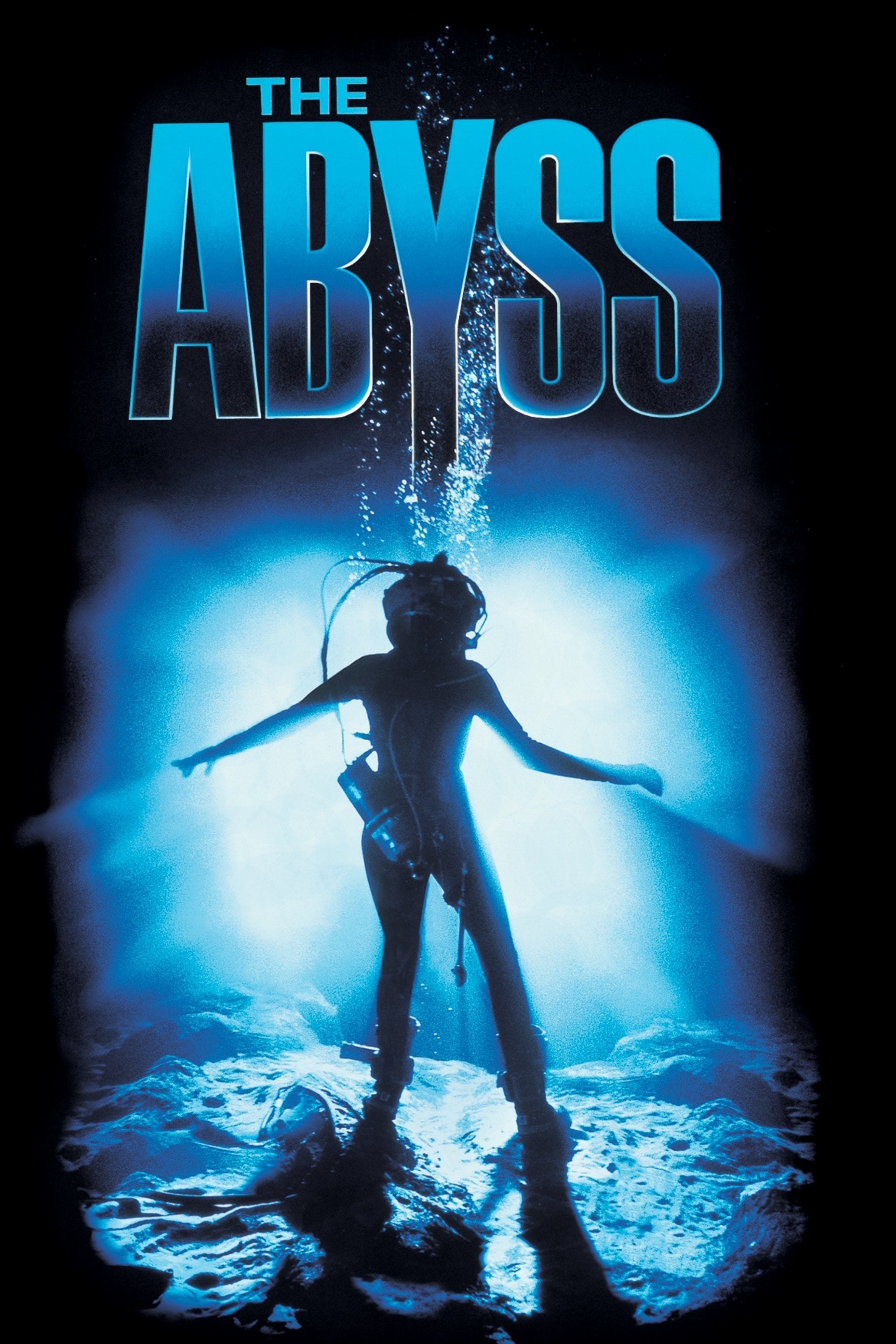
The Abyss - dir. James Cameron
This might be a case of misplaced expectations; I went into this hoping for Alien-lite, some spooky sci-fi horror to rid myself of any human fantasies of importance and to bask in the lovecraftian evil of the universe–instead this was a James Cameron picture through and through. It was fun, but it was not the sci-fi I love, and it didn’t have the hard science aspects of Contact (limited though they might’ve been) to keep me as hooked as I’d hoped.
Read the Three Body trilogy NOW. About a third of the way through book 2 and this is some of the best science fiction I’ve ever read. 6/10.
-
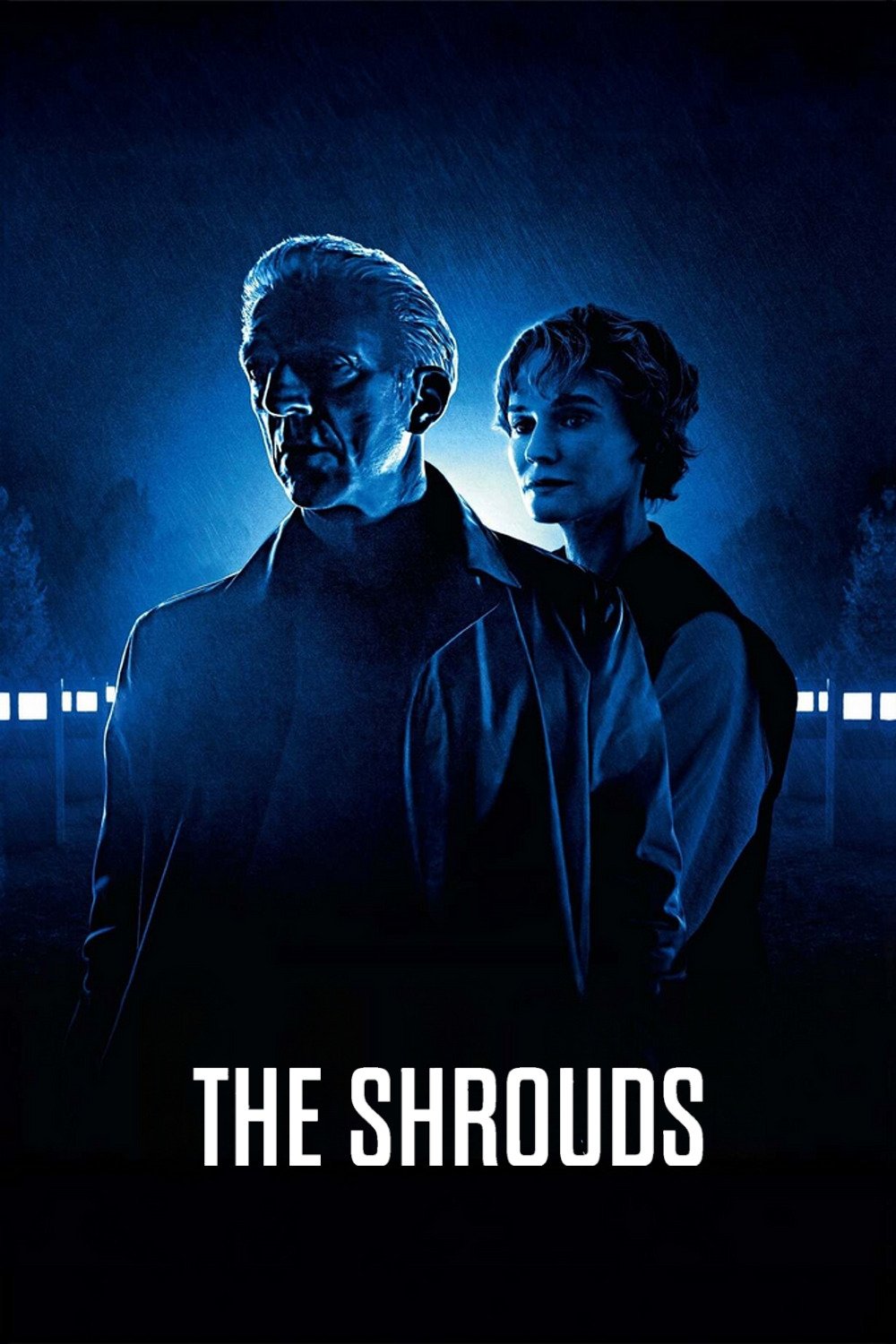
The Shrouds - dir. David Cronenberg
Man’s weakness to confront the unknowability of a woman, grief not in the form of tears, grief in the watchful eyes of a fearful dog looking at death in confusion and futility. I think this is about pathetic, weak-willed men trying to control whatever they can out of emotional frailty. The conspiracy is only a coping mechanism for the cruelty of the world.
I feel conflicted about this, though. I feel very, very conflicted. I remember seeing John Carpenter talking about Cronenberg’s fall-off as an artist, how he’s started taking himself “too seriously” as a horror filmmaker. Part of me feels this is the case here; this is a genre film, but it seems to reject its own genre, shrugging off thrills, or suspense. I’m not saying we can’t have, like, post-modern genre-without-genre, but I think if you’re gonna pull an Antonioni and take the mystery out of the mystery you should at the very least create more of a discernible atmosphere. Even if the answers are vague, nebulous, shrouded in deceit, I think there should be more to a conspiracy than “weak men are paranoid about losing their wives.” Maybe I am being unfair though.
Another thing I found pretty nauseating was the character of “Maury.” Decided at a certain point in my early 20s that I was done tacitly accepting the most demeaning portrayals of Jewish people, even if it came from Jews (shoutout Spielberg for making a holocaust film where the hero is not a Jewish person…. but a guy who saves a lot of Jews… lol). It might seem pedantic to some, but this is a very personal gripe for me. 100% affected my enjoyment of the film. 6/10.
-
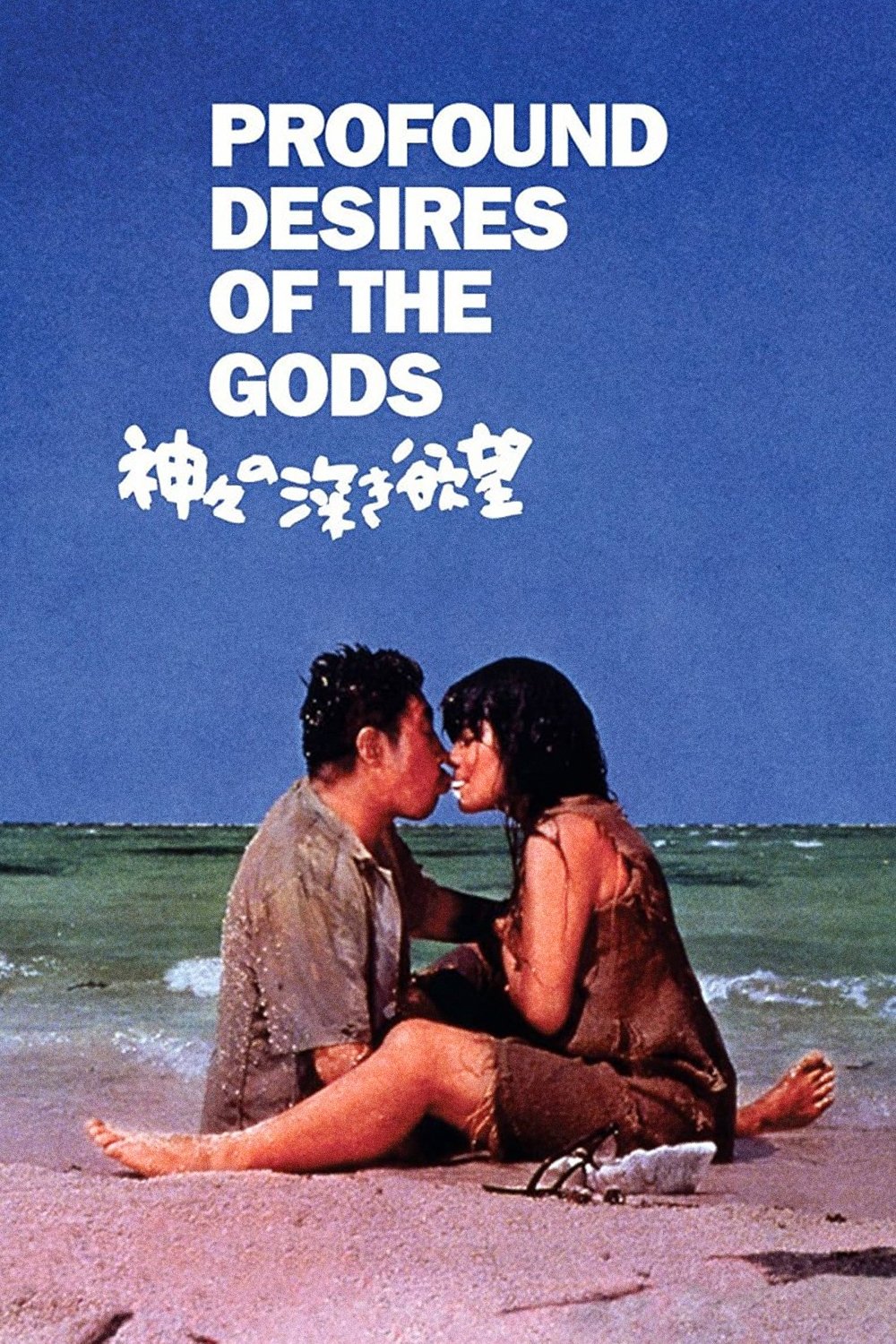
Profound Desires of the Gods - dir. Shōhei Imamura
I don’t think I like Shohei Imamura.
His films are so repetitive to me.
Japanese New Wave is super hit or miss. 5/10.
-

Duck, You Sucker - dir. Sergio Leone
Struggled to get invested in such a gleefully nihilistic yarn. Perhaps it’s just not the mood rn. 6/10.
-
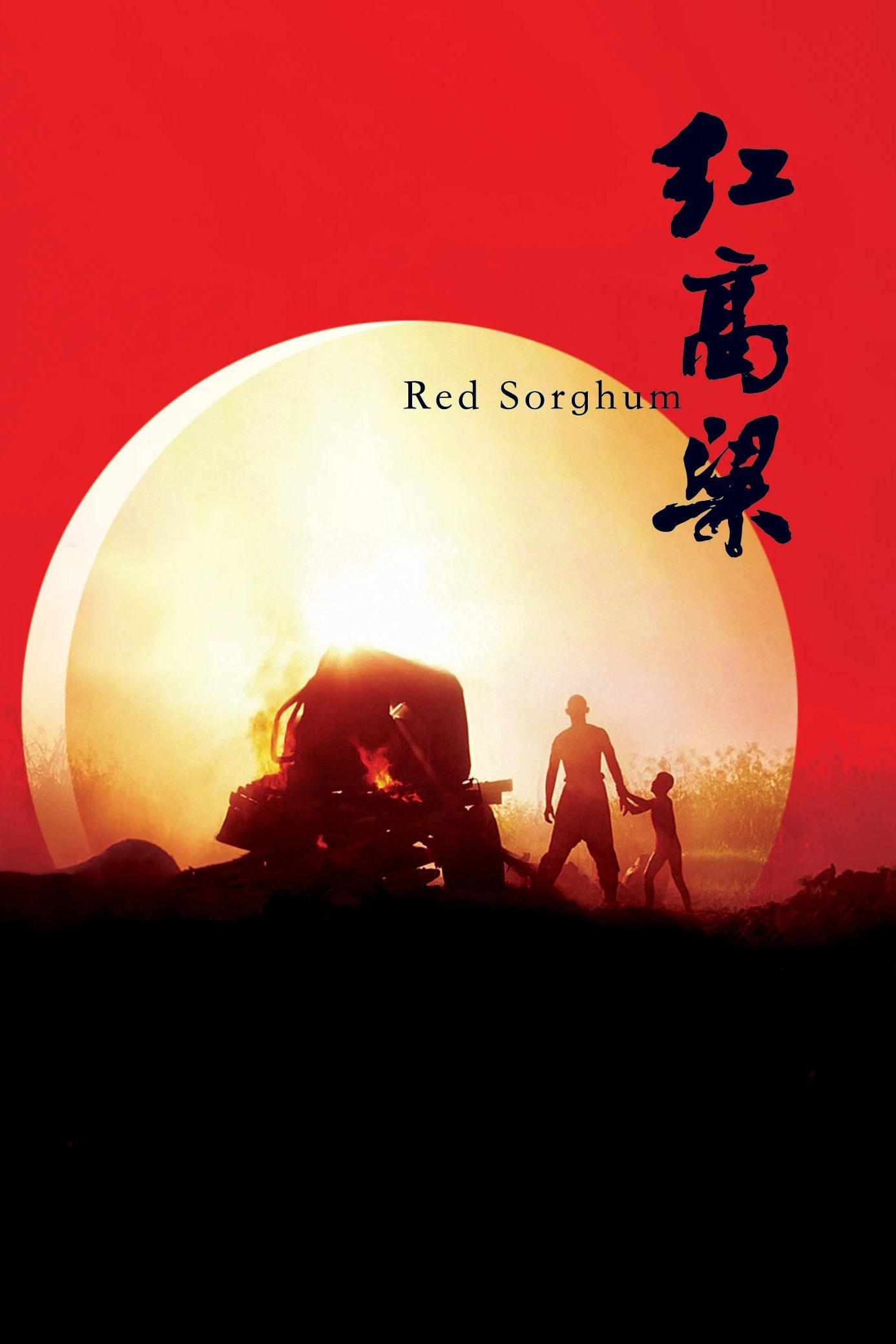
Red Sorghum - dir. Zhang Yimou
Blown the fuck away by Zhang Yimou’s craftsmanship, but I can’t say the allegorical tale of Chinese history was able to fully register with me beyond appreciation. There is a barrier between respect and love, and I find myself squarely on the side of the former. Perhaps with more knowledge of the historical context I will be more equipped to love this film on a rewatch. 7/10.
-

BU・SU - dir. Jun Ichikawa
If you’re not gonna make your movie about teenage alienation vibe city, don’t even make it. This thing is pitch perfect atmosphere. Jun Ichikawa is readily becoming one of my favorite filmmakers simply in his ability to enrapture me in the loneliness of his characters. I love how he aestheticizes the desire to die, the desire to fit in, the angsty need to carve out your own place in the world but also to be one with the group. 8/10.
-
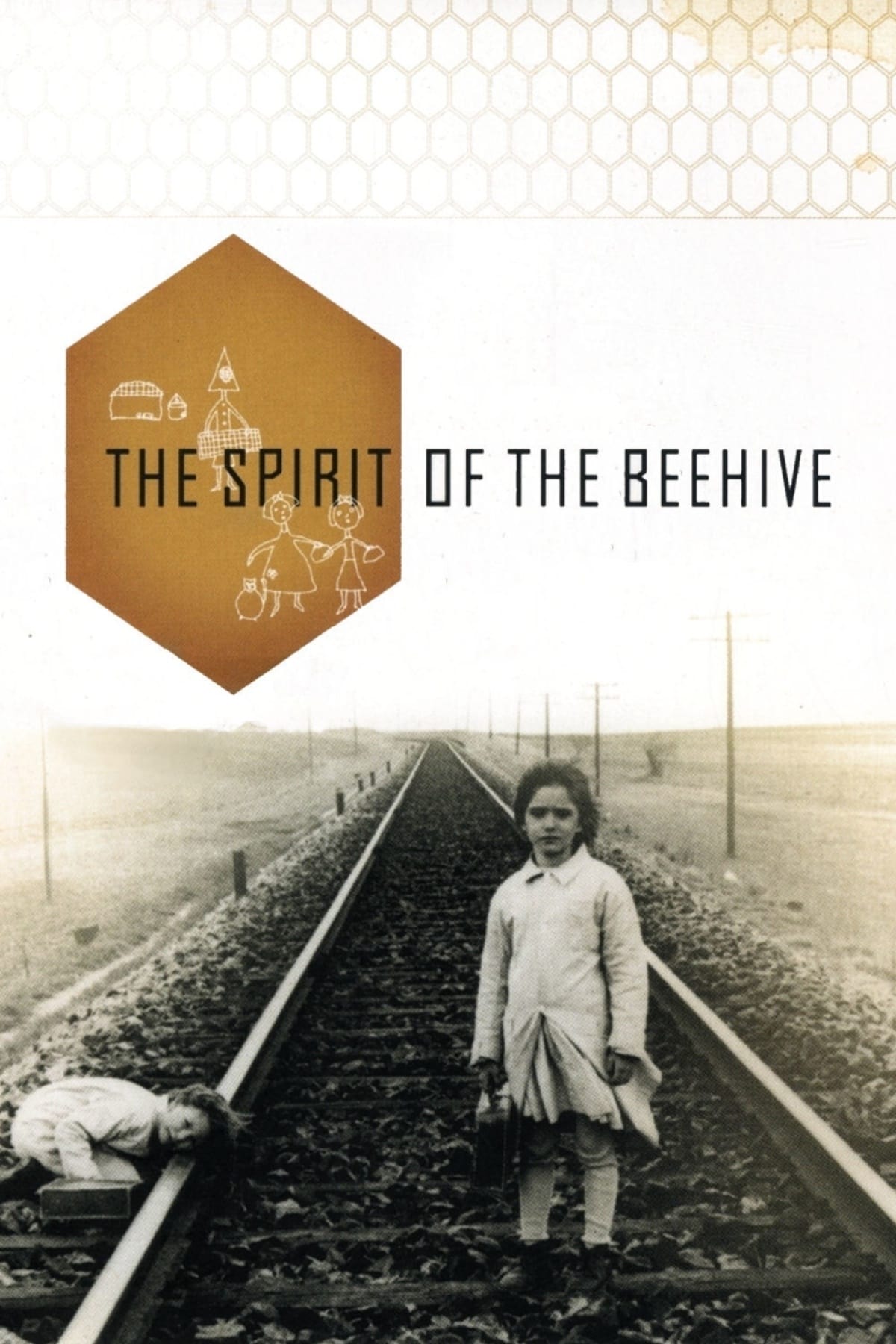
The Spirit of the Beehive - dir. Víctor Erice
The literal, childish belief in cinema magic. It should be ridiculed, I know I ridiculed myself out of nonsense like that, but it is too close to the heart to be ridiculed. I remember when it was far easier to believe in this stuff, as late as fourteen I purchased into denizens lurking in the depths of the hinterland, the forests teeming with monsters and lore. Humans were closer to animals when I was young enough to believe all that horseshit. I held the firm belief I would someday communicate with insects and other critters, if only through learned exposure.
If I am to earnestly reflect on what I love about cinema, and why I got into it properly so relatively late in my life, it must be because I needed to get back in touch with that child who believed in magic. Just as the light began to flicker, the unparalleled imaginative might of the film came to its rescue, nurtured it back into a hearth which now burns brighter and brighter on each passing day. At its core, the cinema is the art form of injecting magic into the world, taking the camera and proposing alterations to the fabric of reality. As I have said in my reviews many times, cinema is dream making. The great artists of the Western saw a blank slate out in the desert on which they could project their dreams, hopes, fears, and ideologies, Víctor Erice sees magic in the very act of viewing cinema itself. 8/10.
-
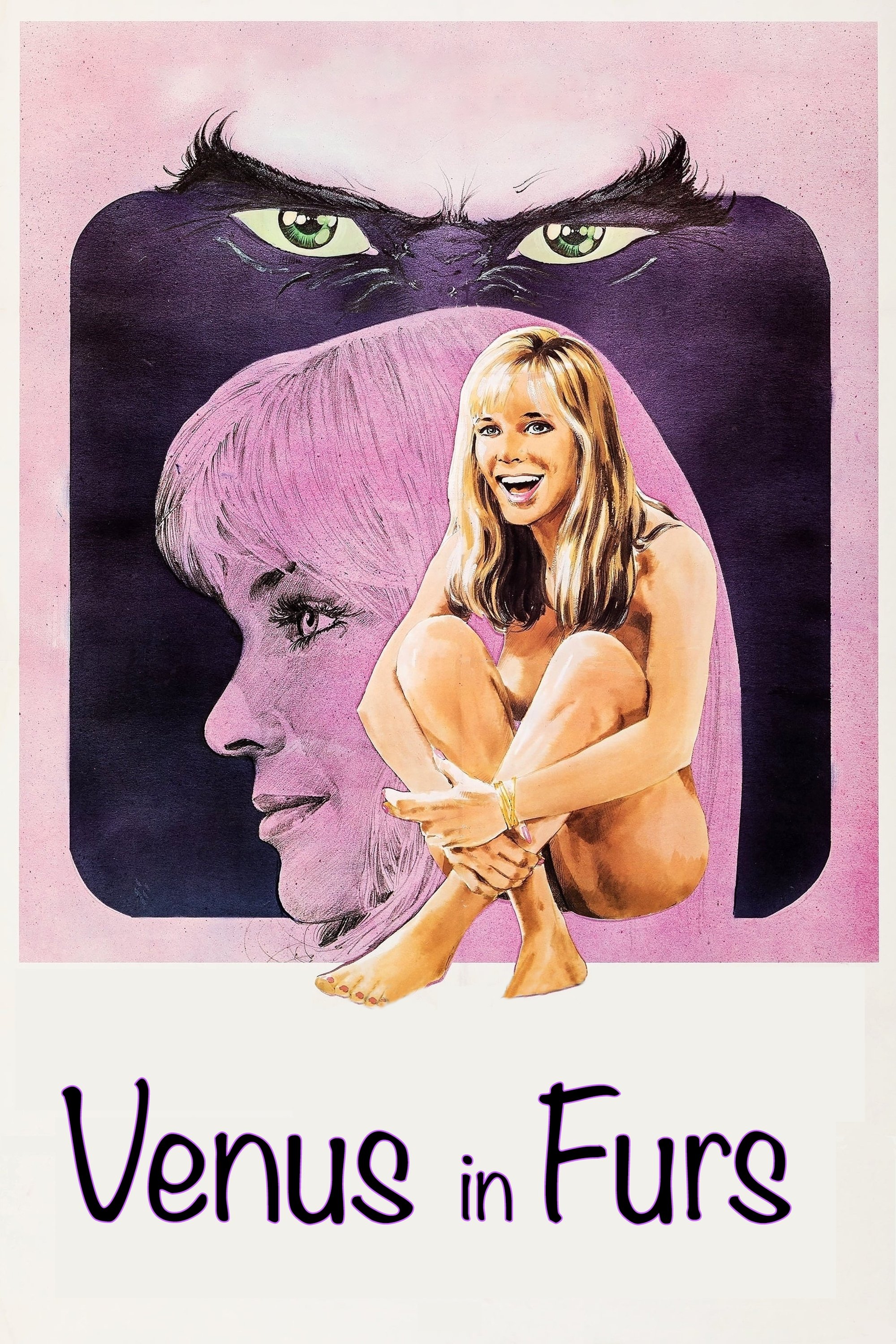
Venus in Furs - dir. Massimo Dallamano
Dude I accidentally watched this instead of the Jesus Franco movie because there were TWO MOVIES CALLED VENUS IN FURS THAT CAME OUT IN 1969 AND I DIDNT CATCH THAT IT WAS DIRECTED BY SOME OTHER GUY IN THE OPENING CREDITS…
But it wasn’t bad, strangely? Very horny, very male gazey, but in a way that felt pretty sweet and sexy and not creepy. 6/10.
-

The Shawshank Redemption - dir. Frank Darabont
A deeply hypocritical movie that does nothing to challenge the audience at all. Which is fine, I suppose, movies do not have to challenge you in any way, but if you’re going to call this one of the greatest films ever I’d expect it to at least have something more interesting to say than “good people deserve good things and bad people deserve bad things.”
I mean if you’re going to make a film about how I should have sympathy for convicts, making your main guy the most perfect angel on planet earth (who didn’t even commit a crime) is already a gigantic misstep. It would be far more difficult and thus worthwhile to get the audience to sympathize with a legitimate criminal.
The counterargument here is that we have our secondary protagonist (Morgan Freeman) who did in fact commit murder, but since the film never shows us the brutality of his crime, it allows us to sympathize with him without much effort. We are allowed to assume that he has done the work of redeeming himself off camera, which defeats the entire purported purpose of the film. Who cares if he is guilty if we never see him commit acts worth being guilty over? Not only is his guilt nonexistent from an audience perspective, but they also cast the most likable actor of all time. How can we not immediately see the goodness in a guilty convict when they are portrayed by Morgan Freeman? The film wants you to believe you’re watching a morally complex redemption arc for convicts, but every character we sympathize with is already innocent before the events of the film. It’s just fucking toothless, honestly.
Contrast this with Bogs, who IS an immediately repulsive character–how does the film, that is supposedly about the rehabilitation and redemption of criminals, treat the most obviously fucked up prisoner in the movie? Well by having the “morally complex” prison guard beat the everloving shit out of him. Does the film frame this as a tragedy? No, quite the opposite, we are meant to cheer at his punishment. So the film does not force us to have empathy for wrongdoers, on the contrary it encourages our pre-held worldview–the guilty deserve brutal consequences.
The counterargument here is that Bogs never showed any sign of benevolence in the film, so we have no reason to believe he can be redeemed, but let me ask you this–how do you know? Obviously, he’s a fictional character, so as far as the writing goes he can be dismissed as an evil rapist with zero redeeming qualities, but in real life, things aren’t as simple as Shawshank Redemption would like you to believe. In real life, men are not born rapists, murderers, or pedophiles. I hold the belief fundamentally that anybody can be rehabilitated, and so this movie kind of disgusts me, because it encourages the audience to buy into essentialist attitudes while also pretending to be about compassion and forgiveness.
If people are born guilty, then that means they did not choose to be bad people, and thus it’s unfair to punish them. If people are born innocent and are molded into guilt, then it was once again not their choice and we need to instead figure out how to address and mitigate the factors that led to their guilt. I think a film about redeeming the guilty is right up my alley, but this is not that film, and the fact that it wants to convince you that it is strikes me as a load of horseshit. 4/10.
-
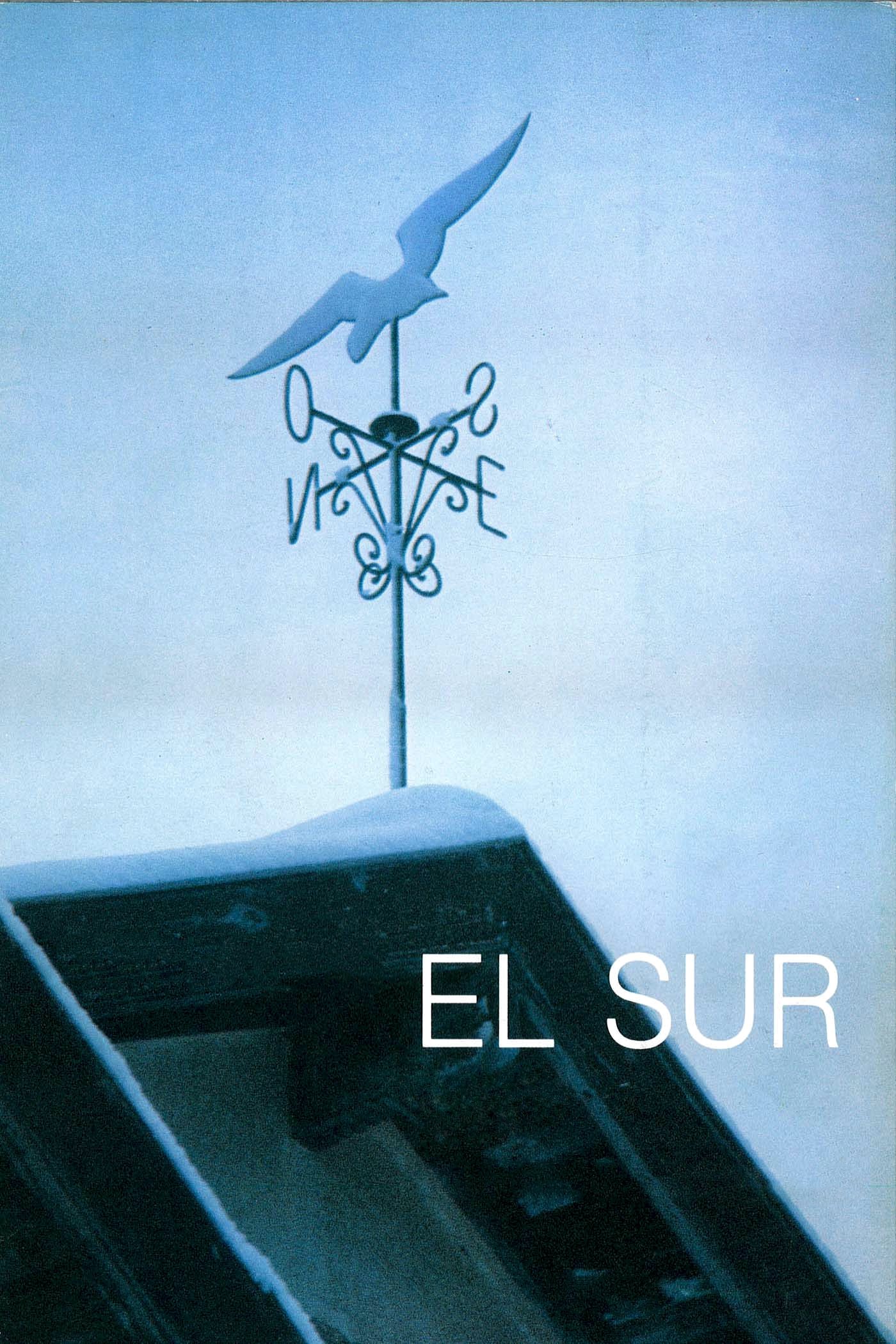
El Sur - dir. Víctor Erice
I imagine I’ll return to this after my dad, god forbid, passes away, and it’ll wreck me. I’ll think about the last conversation we had in tears, punching myself for not asking the questions I really wanted to ask.
I think growing up is defined by a few things; realizing ice cream is better in a cup than in a cone; realizing that all the things you wanted to buy as a kid hold no value to you now; and realizing that if you were the same age as your parents at any point in their lives you would not be friends with them.
The relationship of parent to child is so specific and so precarious. The second you leave the nest it changes, permanently, forever. 8/10.
-
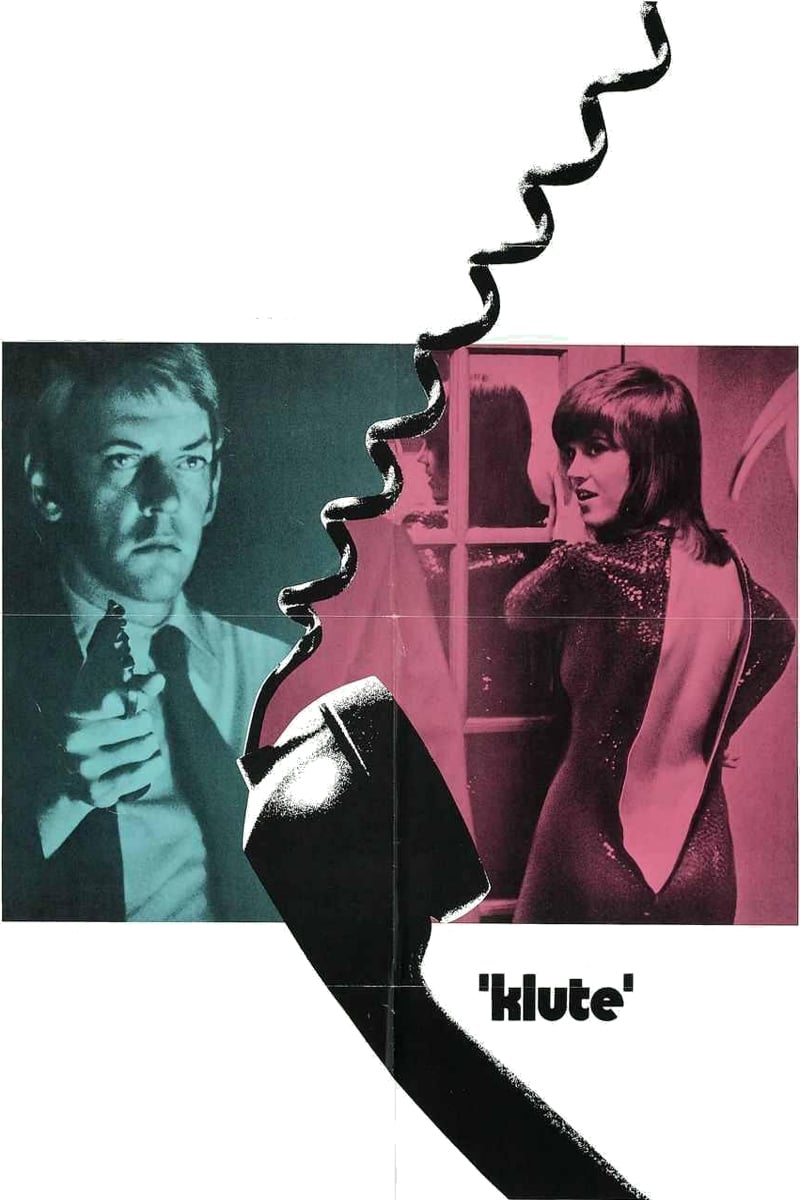
Klute - dir. Alan J. Pakula
A man investigates a mystery that leads only to love in distress, a mystery that goes back to the source. Chasing your own tail, flashing light in shadows that may have been better left undisturbed. Sometimes it is better not to know. Sometimes prying too deeply into the mystery of things is a mistake. Confessing secrets into the void in the form of therapy, a blank slate to hear your words and echo them back to you. Chasing a man who has disappeared only to realize he is gone and you have no answer, only a love that you found through incident and indecency.
In other words; a perfect movie. 9/10.
-

Tokyo Marigold - dir. Jun Ichikawa
I am glad this is not the first Jun Ichikawa movie I watched, however it still has a real easy competence to it that tells me everything I need to know about the craftsmanship behind the camera. 6/10.
-
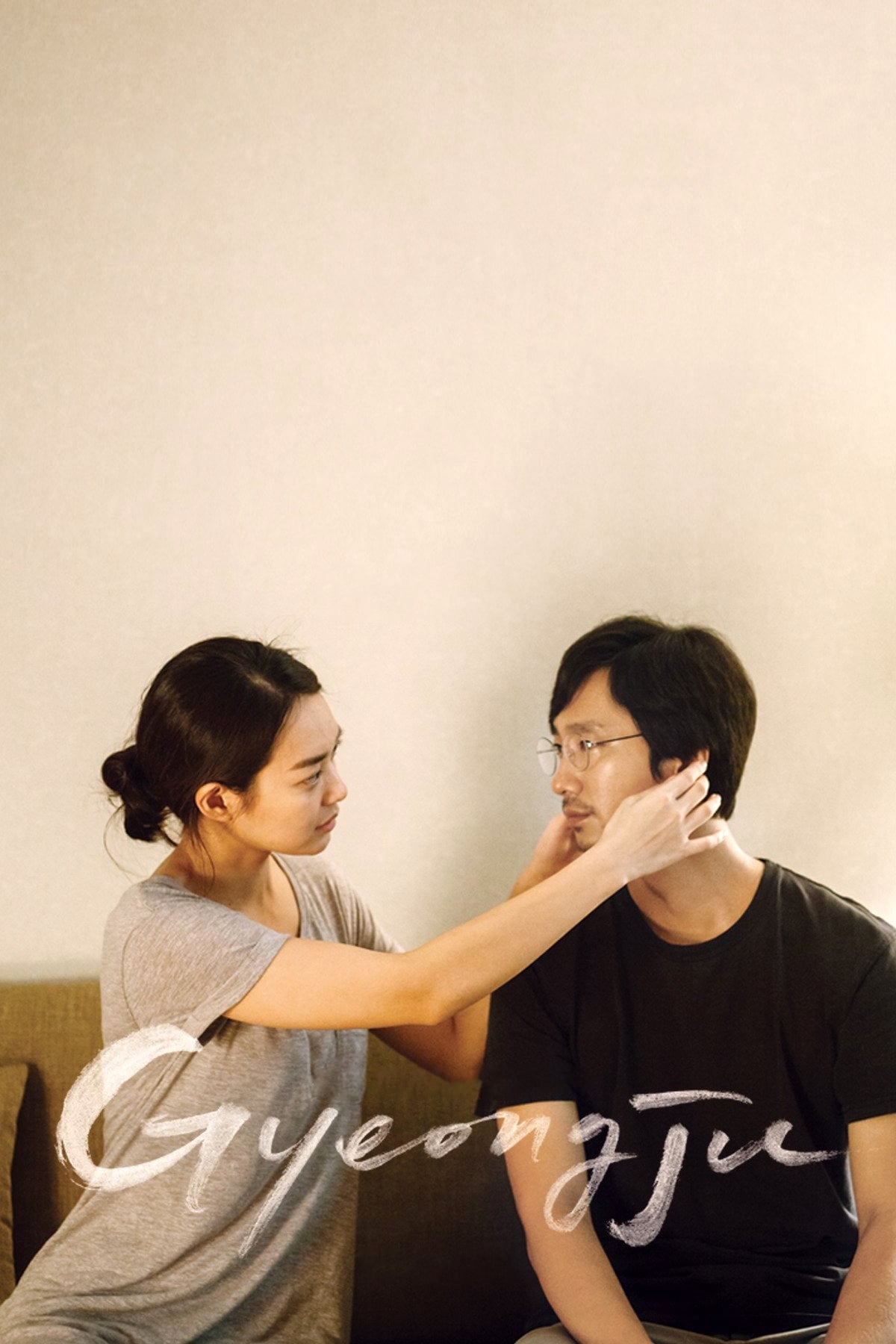
Gyeongju - dir. Zhang Lu
The burial of time and history, the hidden conflicts that erupt when prodded, the avoidance of confrontation with the past met with reckoning. A mound of tombs in the middle of the city that can’t be touched, ears that remind you of your dead husband that you hold yourself back from feeling, wallpaper over a painting that you joked with your friends about all those years ago.
I go back frequently to one of the neighborhoods I grew up in the last time I lived in LA. The walls are all blue now. They were orange then. They’re blue now. I go inside and everybody’s erected a fortress around their part of the shared backyard spaces. I remember when kids would freely go into each other’s houses. I don’t know if that happens there anymore.
Nearby, there’s an Italian restaurant called Andre’s that I must’ve gone to at least a hundred times. The class with the best behavior in each semester got to go there on a field trip. I remember meeting Andre himself once, a kindly old man who gave me and my friend a free scoop of ice cream. That place is gone now. I miss it. 7/10.
-
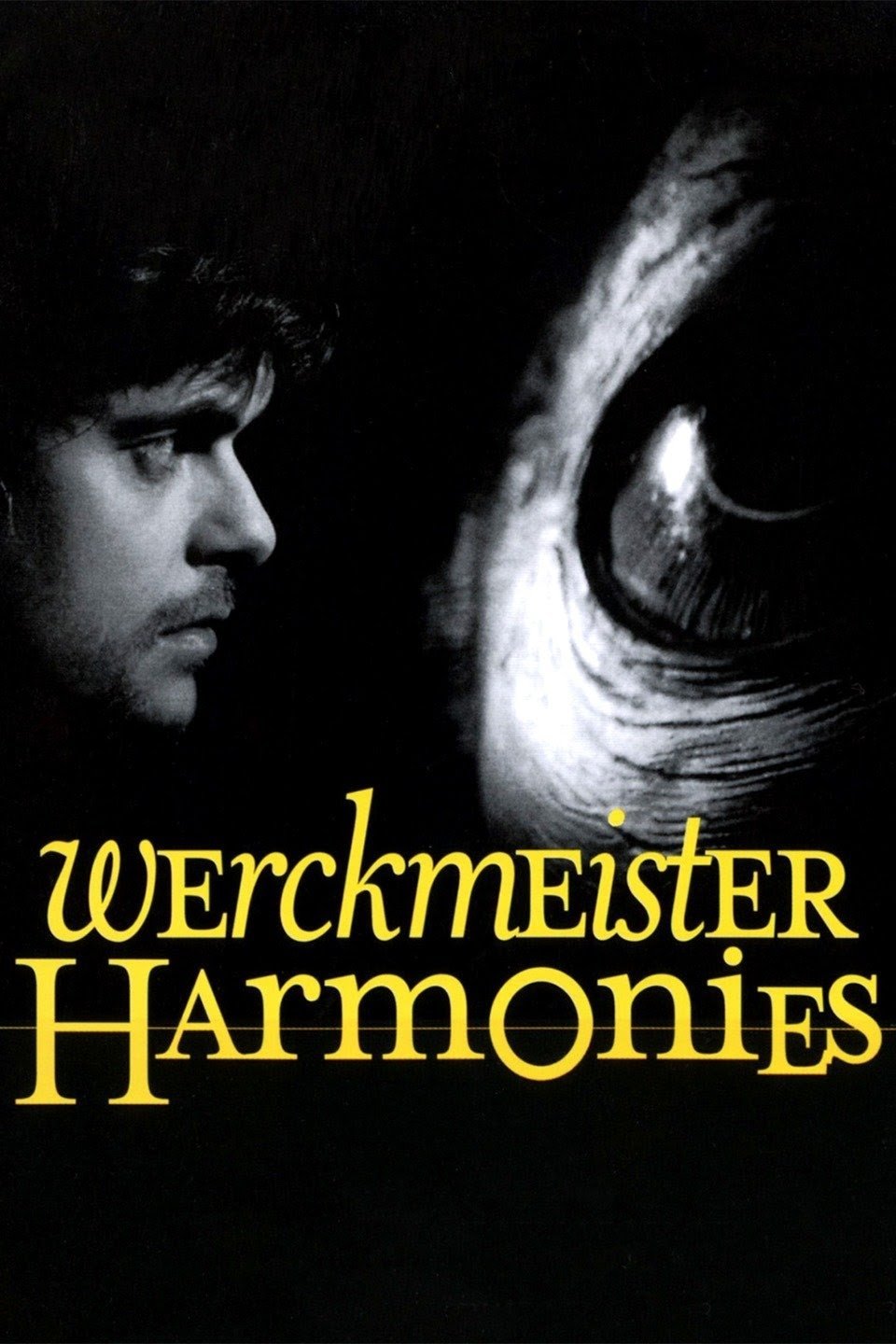
Werckmeister Harmonies - dir. Béla Tarr
In the throes of adolescence I fantasized about armageddon, even know I get a twinkle in my eye thinking about the all-consuming fire razing the earth and cleansing it of me, my mistakes, the weight of history unburdened by unilateral fission; the earth splitting into two chunks and floating apart forever. I thought I’d be a prime fit for the zombies at 14, now I hope I get consumed along with the rest. There was a period in my life where I would spend a disproportionately high amount of time thinking about whether or not the structure I was presently residing in could withstand the full force of thousands of the undead horde.
More than that, I dreamed of starting fresh. I egotistically believed I knew what a good society would look like, I thought that given the chance, I, as a teenager, could build a community and lead it through the end times. Maybe this is something all young boys dream about, maybe I’m just uniquely megalomaniacal. Either way, I was convinced that the apocalypse would be ideal for a new beginning. For me, for everyone. Even now I still believe in the redeeming power of chaos.
Now, the dream has taken on a more abstract wish. It has been replaced with a sense of wrongness. A sense of wrongness that is hard to quantify and harder still to explain without sounding trite or morose. I am overwhelmed by the sense that my life is full of wrong, that I have existed in such a way that I cannot salve the wounds, I am plagued by doubts; there are moments where it seems as if I am a wreck, a heap, beyond salvage. This sense of self-loathing turns outward and I then find that everything makes me unbearably angry and sad. I drive and I find myself hating, with every fiber of my being, the people I am surrounded with on the road. I have conversations and I leave them thinking “I never wish to speak to that person again.”
It is strange how much I am comforted in the deepest depths of despair by Béla Tarr films. They are grey, bleak, unrepentant, but they are alms to my soul, they make me think it is okay to sometimes feel as if the world is cruel and pointless and confusing, because frankly that’s just true. But, Tarr says, it is not JUST cruel and pointless and confusing, it is also full of hurt and forgiveness and compassion. It is full of pain and we can choose to hate the pain or we can choose to look it in its big sad eyes and have this moment of connection. Somehow, I think, the dead whale, the carcass of this majestic creature, somehow it knows that we look into its eyes. Somehow it can tell that we are like children, playing in the sand with knives and blood. There were moments during the film where I could barely sense its big forlorn eyes moving, following me as I watched it, just as Janos did. 9/10.
-
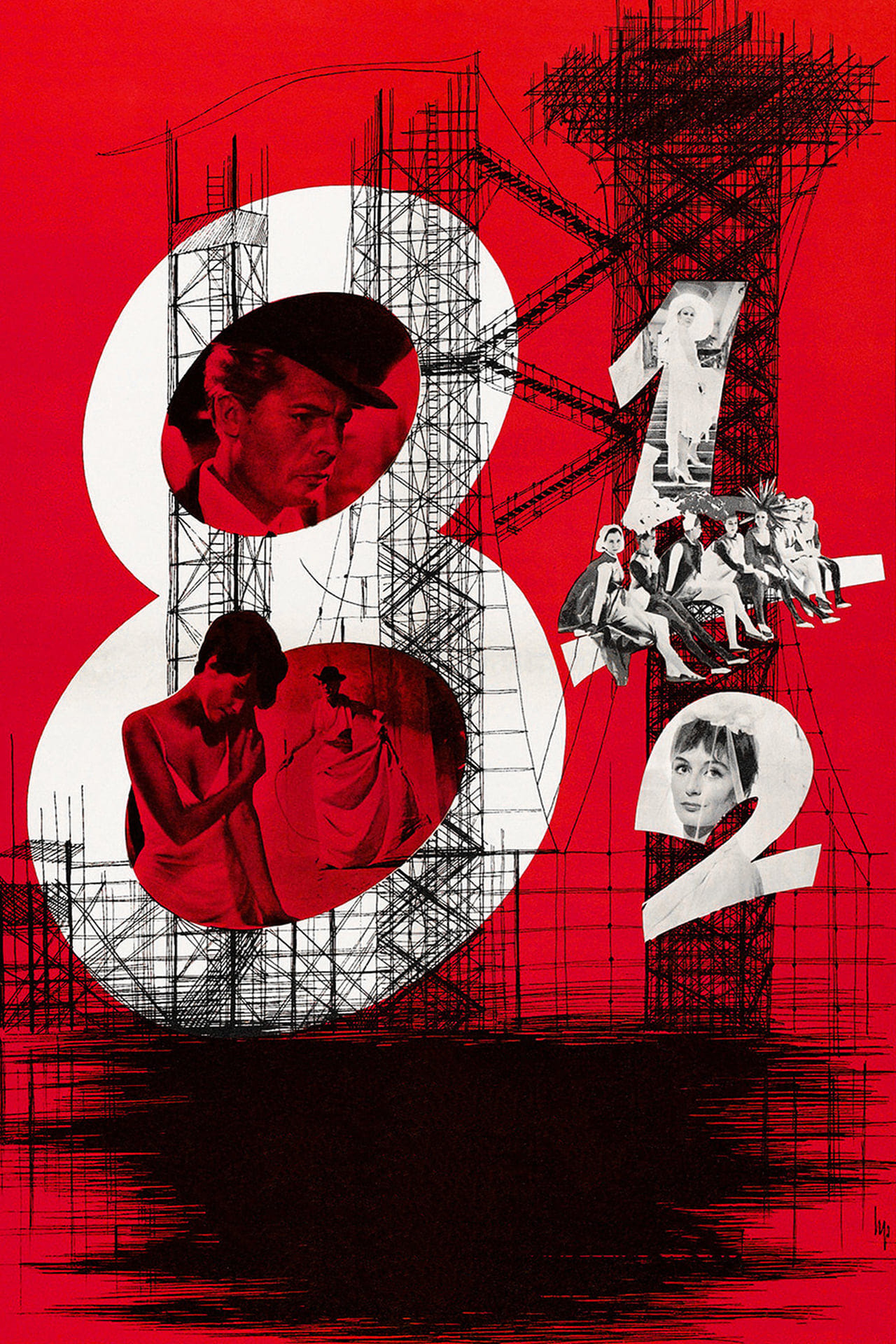
8½ - dir. Federico Fellini
Deeply, deeply grating; solipsism the film.
Keep therapy out of art. I hate this idea in our culture that the two should go together–they don’t.
About as subtle as the scene where he kisses his mom on the lips and then parts and it turns out it’s his wife. Real deep stuff. How about you go jerk off instead of making a movie about it man. Nobody cares bro. 4/10.
-
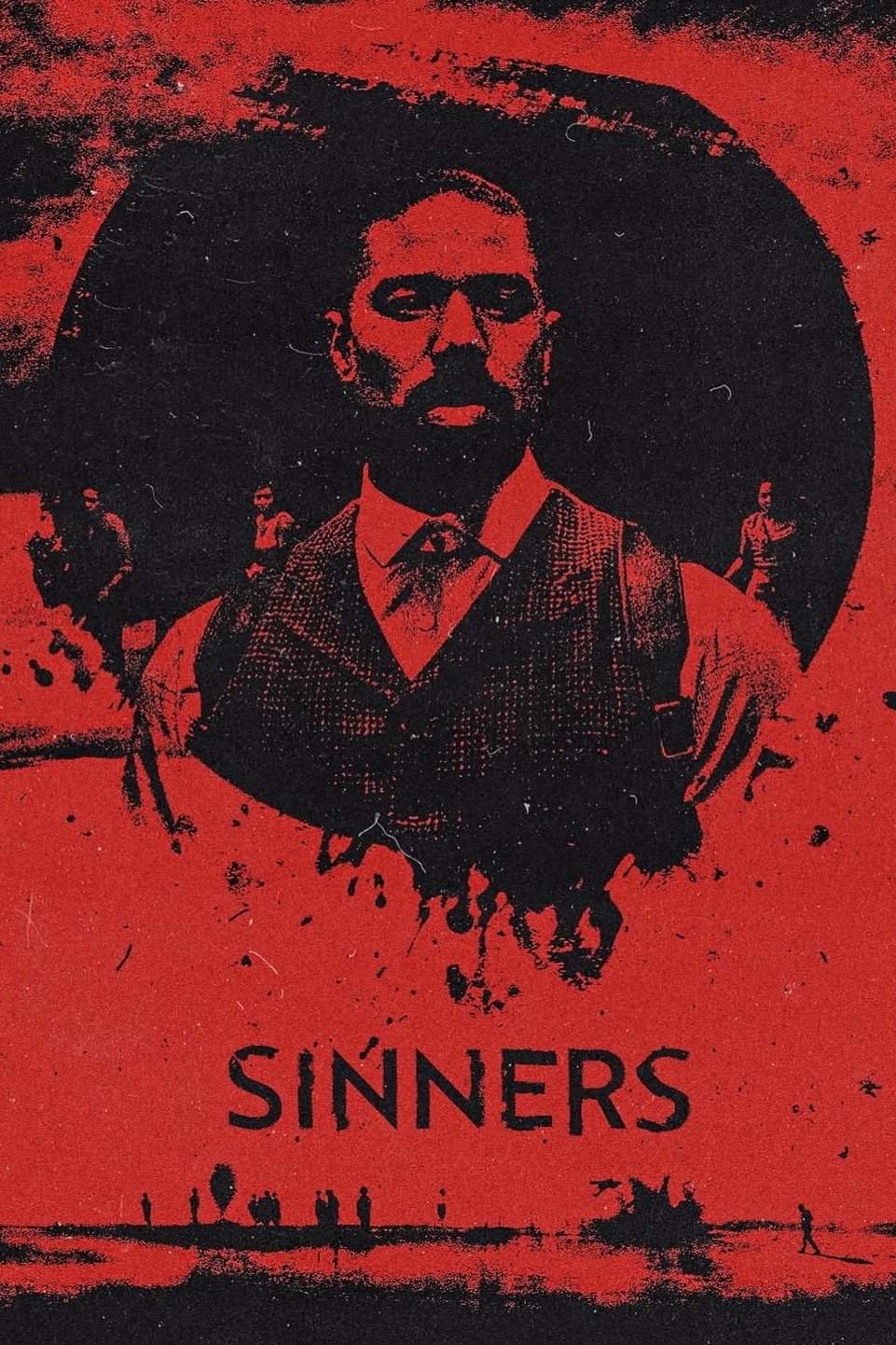
Sinners - dir. Ryan Coogler
If Ryan Coogler is able to successfully finagle some real gritty auteurism out of his deal with Warner Bros, we are in for a renaissance–however I am still skeptical of his filmmaking, because it is so indebted to the televisual approach of the MCU and its ilk. Almost completely lost me when they get scared by vampires and Delroy Lindo goes “you guys smell that? I just shit myself.” Bro really won the internet with that one! And then of course the post-credits scene drives it home for me that Coogler hasn’t shaken off the shackles of the franchise machine, even if this post-credits scene is actually pretty dope.
I didn’t mind that the film had like six different endings because I enjoy when movies are bursting with ideas, so full to the brim with them that they overflow from the spilled bucket. You can feel the passion behind the process, it’s practically tripping over itself to spin its yarn.
-

M - dir. Fritz Lang
In the spirit of “empathy for the monster” but perhaps deeper than that… Frankenstein’s beast compelled to kill, how can this man be held in contempt when he is sick? The delineation of law to treason, acting in accordance with the principles of justice when they are constructed by people. Lawmakers and criminals, two sides of the same coin. We are apes discussing physics.
I remember a couple years ago when I tried to watch this movie I got mad that there wasn’t a central protagonist, my dad argued that Peter Lorre was the protagonist and I think he’s right. Even though Lang precedes Bresson by decades, I find that the quality of Lorre’s character is unknowable, his pathology left on the cutting room floor. He wails like a beast, but because cinema only captures the image and not the interior we are left with a blank spot, a void that justice exists in theory to fill but can’t.
An argument is made that justice can’t be exacted by the mob, but why are courts more suitable to determining this sick man’s fate? Because they studied the rules? They invented the rules!
The serial killer can only really exist in the frenzied imagination of the police state, it is an inherently fascistic idea that serves to prop up the monopoly on violence the state holds. Because of the existence of these boogeymen, these bloodlusted werewolves who stalk the night, who could be ANYBODY you know… the state can permit itself to violate its own supposed justice, time and time again…. 8/10.
-

Poison - dir. Todd Haynes
A triptych less than the sum of its parts. Any one of these stories would be solid individually but combined it seems less like a rich piece of expression and more like a flex, “look at how good I am at mimicking archaic film styles”. And to be fair, Haynes IS good at mimicking these styles, and repurposing them. It’s just not very compelling is all. 5/10.
-
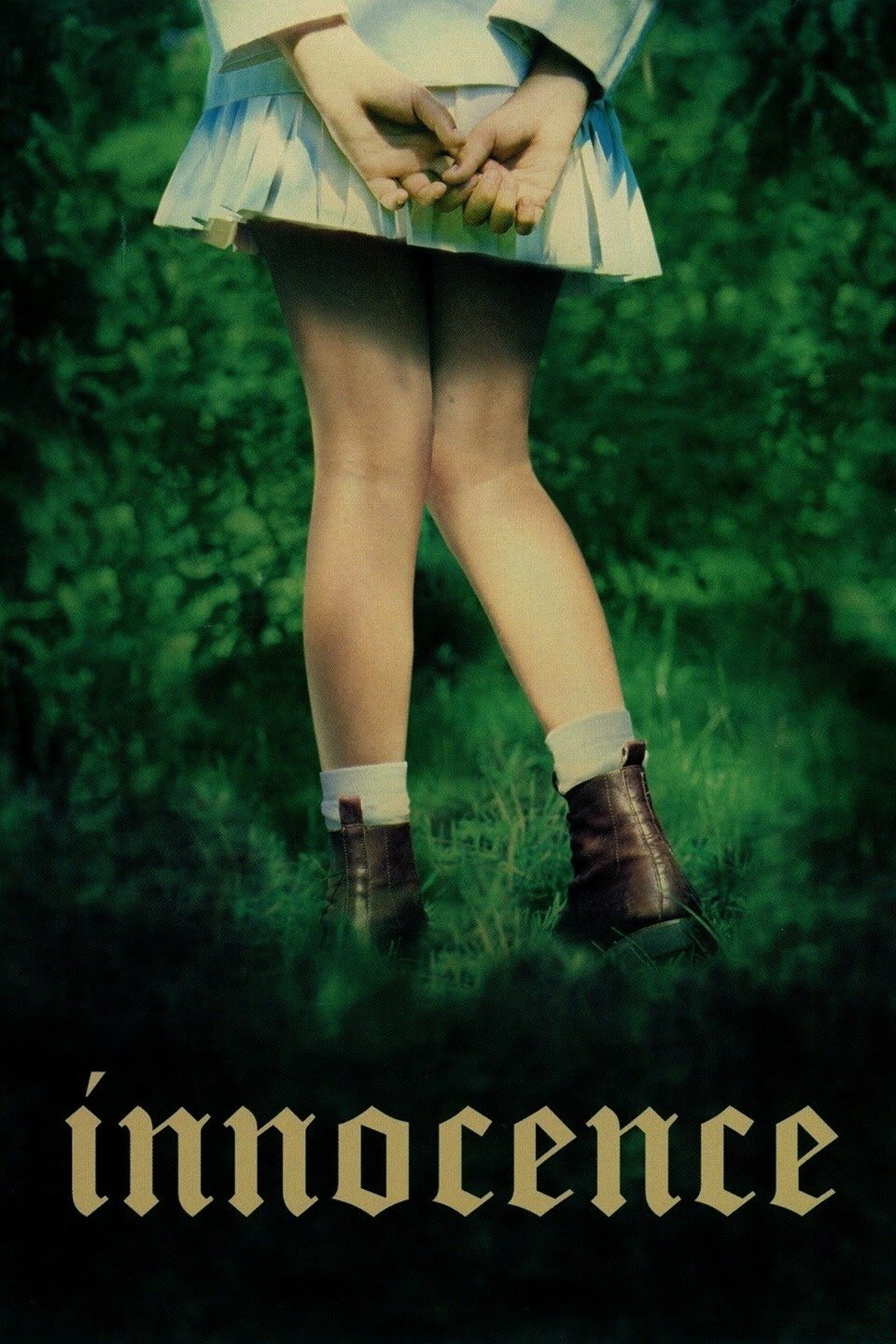
Innocence - dir. Lucile Hadžihalilović
Symbolism is the worst thing of all time. I hate fables so fucking much dawg just show me the real thing. I don’t want to see the representation of patriarchal exploitation I want to see patriarchal exploitation, or at least the filmmaker’s approximation of it. Not this fairy tale fable la di da di da bullshit where kids run around in the woods and talk like bricks. 4/10.
-

Dark Waters - dir. Todd Haynes
Corporations knew cigarettes were killing us for decades. They concealed the evidence and fought like hell against litigation. They ruined people’s lives to keep from taking accountability. Exxon knew the environmental impact of drilling for oil, they knew they were destroying the ozone layer, all the way back in the 70’s. How many times are we going to allow these companies to bend us over and fuck us before we decide enough is enough? When do we realize the system is literally poison? Surely this time they are telling the truth! Surely this time the regulations will matter! Checks and balances, guys. Checks and balances. You just gotta trust the legal process. Give me a fucking break.
-
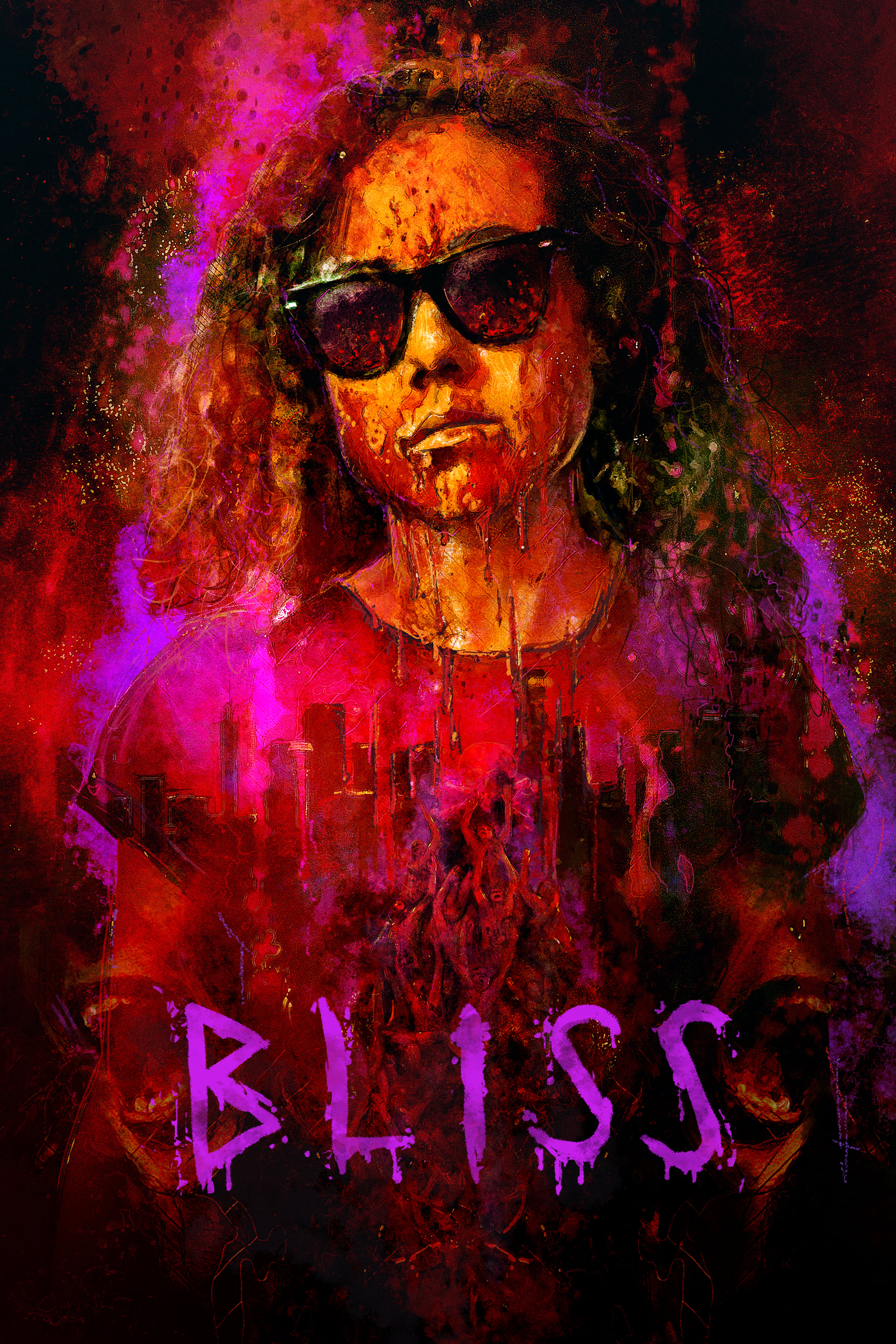
Bliss - dir. Joe Begos
Really, really suffers from “modern genre film syndrome” which mistakes formal extremity for quality. Thinks that if it strobes harder, turns up the violence, cranks up the metal, dials up the campiness of the dialogue, it will result in… more. And somewhere here lies a good film, if not a great one, but at a certain point, noise is just noise.
-

The Mule - dir. Clint Eastwood
I hope I get to go out on my own terms, mostly.
So much of our life is spent torn between what we deem obligation and what makes us truly happy, and it’s never as simple as picking one over the other.
A film clearly about America in the way only Eastwood seems to be able to do. I think it’s the classical sensibility paired with the way he paces his films. They have this… I won’t say “uncanny” because it’s not really that…. but they have the sheen of a studio film with the leisure of an indie feature. That combination makes everything feel weirdly realistic, even if the drama and script are quite heightened, more so than something “raw” and handheld.
I just don’t think a formalist (like Scorsese, for example) would show the DEA agent and the mule sitting in a Waffle House talking about family real early in the morning. Which is not a critique, it’s just an observation. Clint Eastwood is just so much more in tune with the grounded reality of the American individual, as far as I’m concerned. I think growing up as what amounted to be a mythmaker with Sergio Leone shaped him into a man highly cogent of his nation’s contradictions.
Like all of his work–very, very rich in character, observation, and depth, but I don’t know if I fully “felt” this film like it wanted me to, not like American Sniper or even 15:17 to Paris, or hell, Juror #2. 7/10.
-
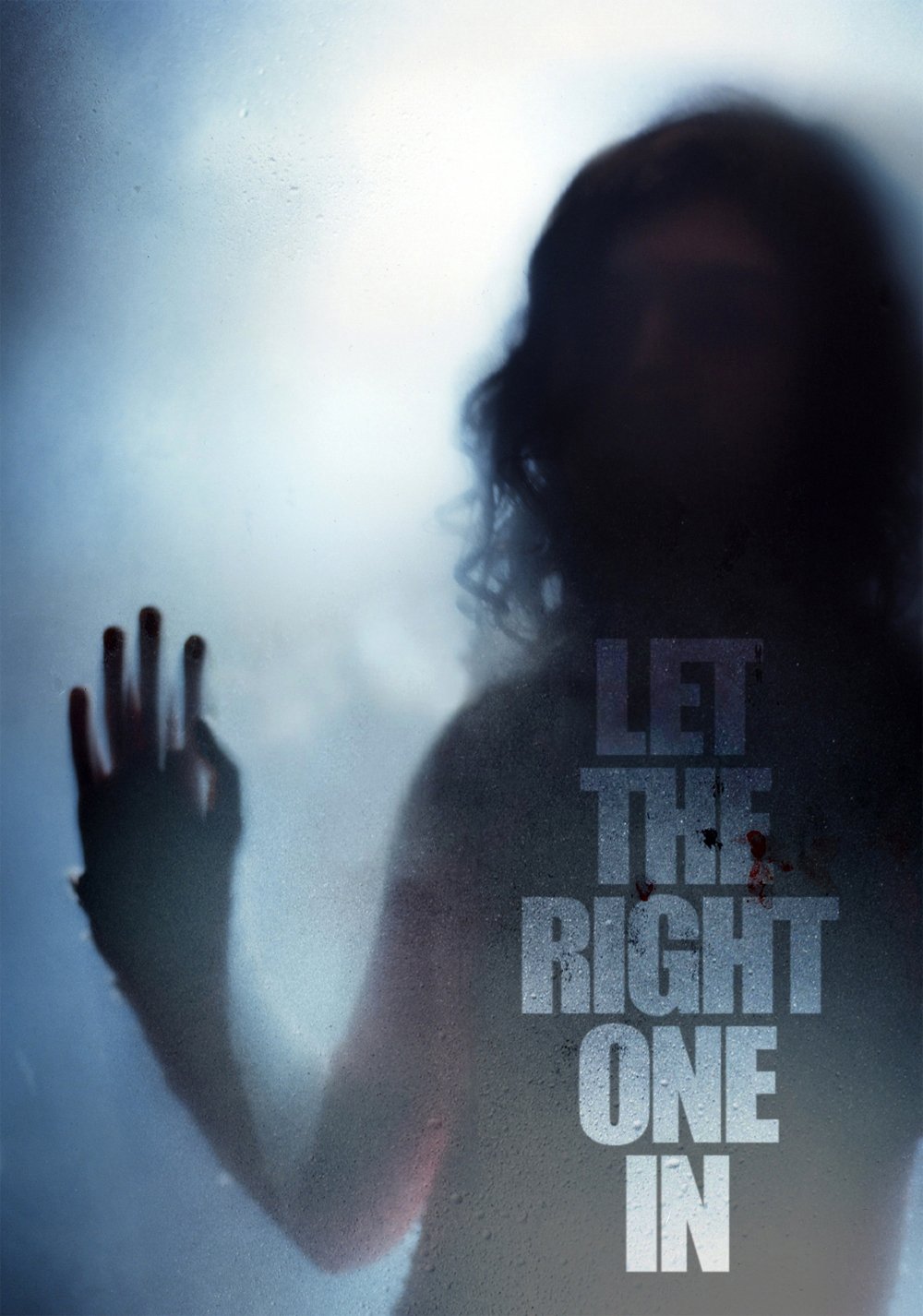
Let the Right One In - dir. Tomas Alfredson
European “elevated” horror gotta be the worst thing ever invented 4/10
-

Vinyan - dir. Fabrice Du Welz
Harrowing even as it teeters annoyingly on the side of the psychological, missing out on the obviously ethereal aspects of its world and atmosphere. Pathologically driven towards white trauma, feels like a bit of self-centered poverty tourist film when it is clearly begging to be a ghostly interrogation of colonialism instead. I don’t know. I liked this but I didn’t love it as much as i thought I would during portions of it. 6/10.
-
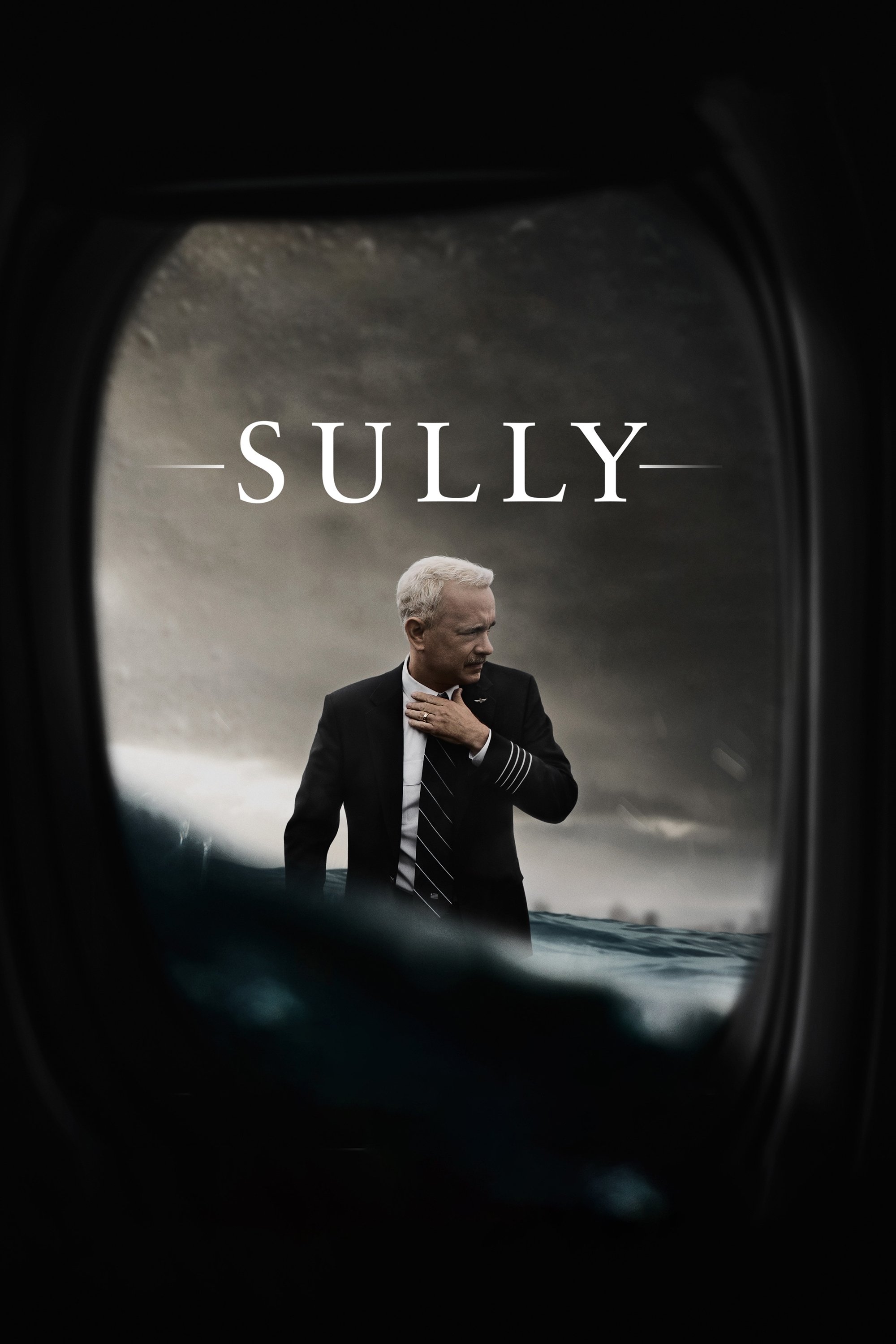
Sully - dir. Clint Eastwood
Institutions aren’t preconceived, they are a teleological phenomena that arises as a result of collective effort; which itself is made up of individuals. The human factor is irreplaceable, and the bureaucratic instinct to collect all the data in attempts to simulate the human experience all fall short. It can be portrayed in broad strokes, but the specificity of the human touch will forever elude the grasp of the machines. You cannot calculate what happens in the instant of one’s life on a spreadsheet. 7/10.
-

Bones - dir. Ernest R. Dickerson
Someone else could make an astute sociological cross-examination of the way this film taps into Black identity and history and urban gothicism or something but I’m not that guy, so I’m just gonna gush about the skill with which the horror setpieces are played. Somehow this is the first horror film I have seen which is actually able to play into both camp and terror without losing either of the two. 7/10.
-
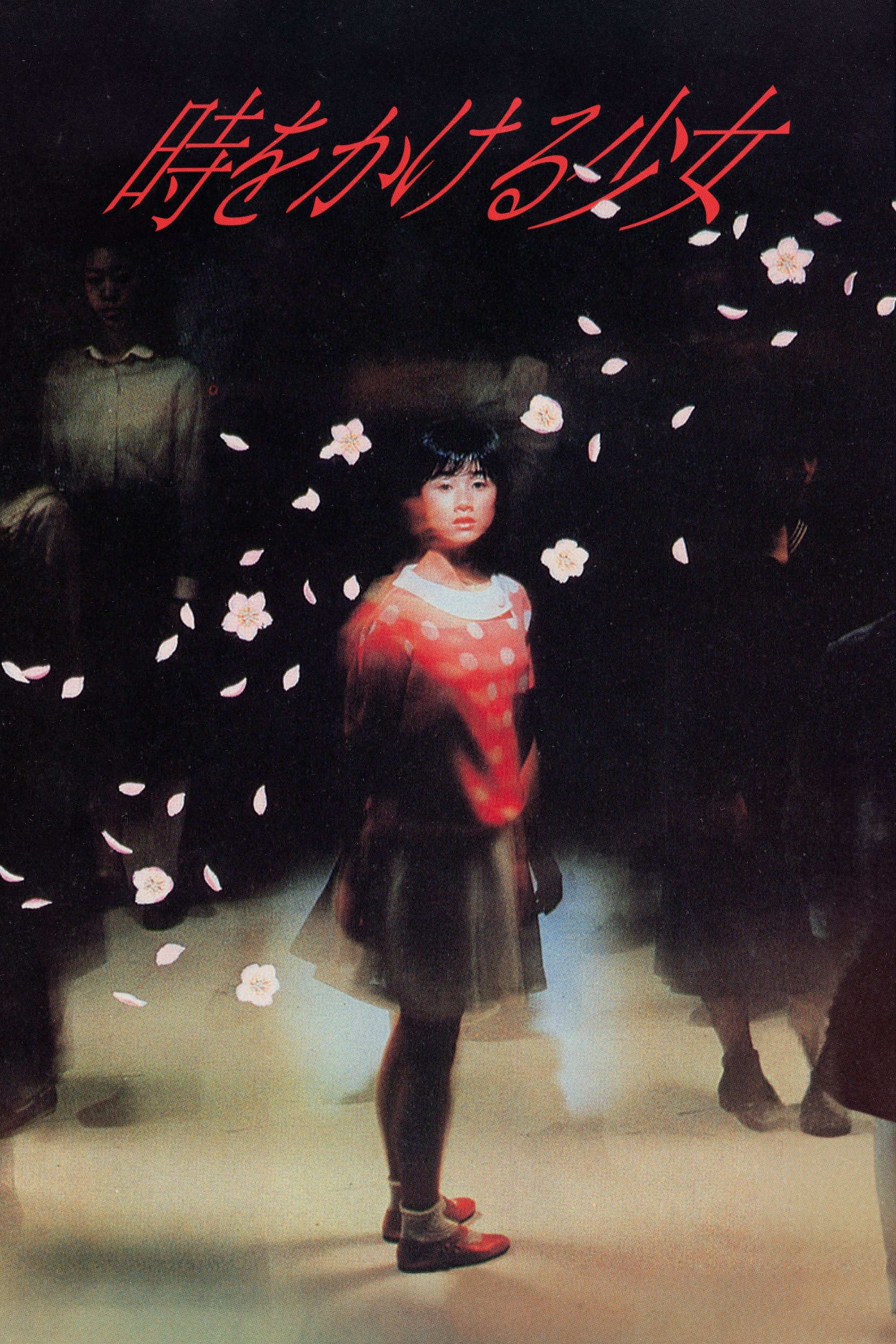
The Little Girl Who Conquered Time - dir. Nobuhiko Obayashi
There is so much acknowledgement and truth to Obayashi’s work, the fantastical elements only exist to serve the emotional reality of his characters, who are more like figments of dreamed past selves; the young, who feel everything so intensely and so wonderfully. His work recalls in so many people the sense of what it was like to be a teenager and to fall in love so head over heels the first time. To shed tears over something as silly as time travel.
The memory this drew from me was when I cried to my parents in middle school about this girl who I had somehow convinced myself I was in love with despite only having had ONE conversation with. Of course, in hindsight, as a calm and rational adult, I plant my head in my hands and think, oh how silly that must have been. But as a kid that sense of longing and inadequacy was so achingly real. When I found out she had a crush on another guy, I might have been eleven years old but I was utterly decimated. At that point in my life, it may have been one of the most guttural sobs I’d ever had, so much so that I STILL sort of remember it, even if the details around it all blur.
And that’s the power of Nobuhiko Obayashi, isn’t it? It’s why I keep watching movies, why I’m always hungry for more and why I keep returning to this art form. Music channels feelings, but movies are the art of dreaming, they have the real life power of granting you access to your subconscious. There is no other art form, in my opinion, that can accomplish this so fully as film, and I would also hazard to say that Obayashi may legitimately be the very best at it, even if not every crazy experiment of his works for me. There are scenes in his works that take me back to the most unbelievably specific moments of my life. Sometimes it feels as if I watch an Obayashi movie, or a Claire Denis movie, and that most of them are preamble to soul-shattering scenes of insignificance–extraordinarily simple in principle, but magical to me. 8/10.
-

Marley & Me - dir. David Frankel
Refuse to rate this
My roommate has a dog named April, she’s old and she’s the most precious little creature in the world. The day she dies may really be the saddest in my entire life, no exaggeration.
-
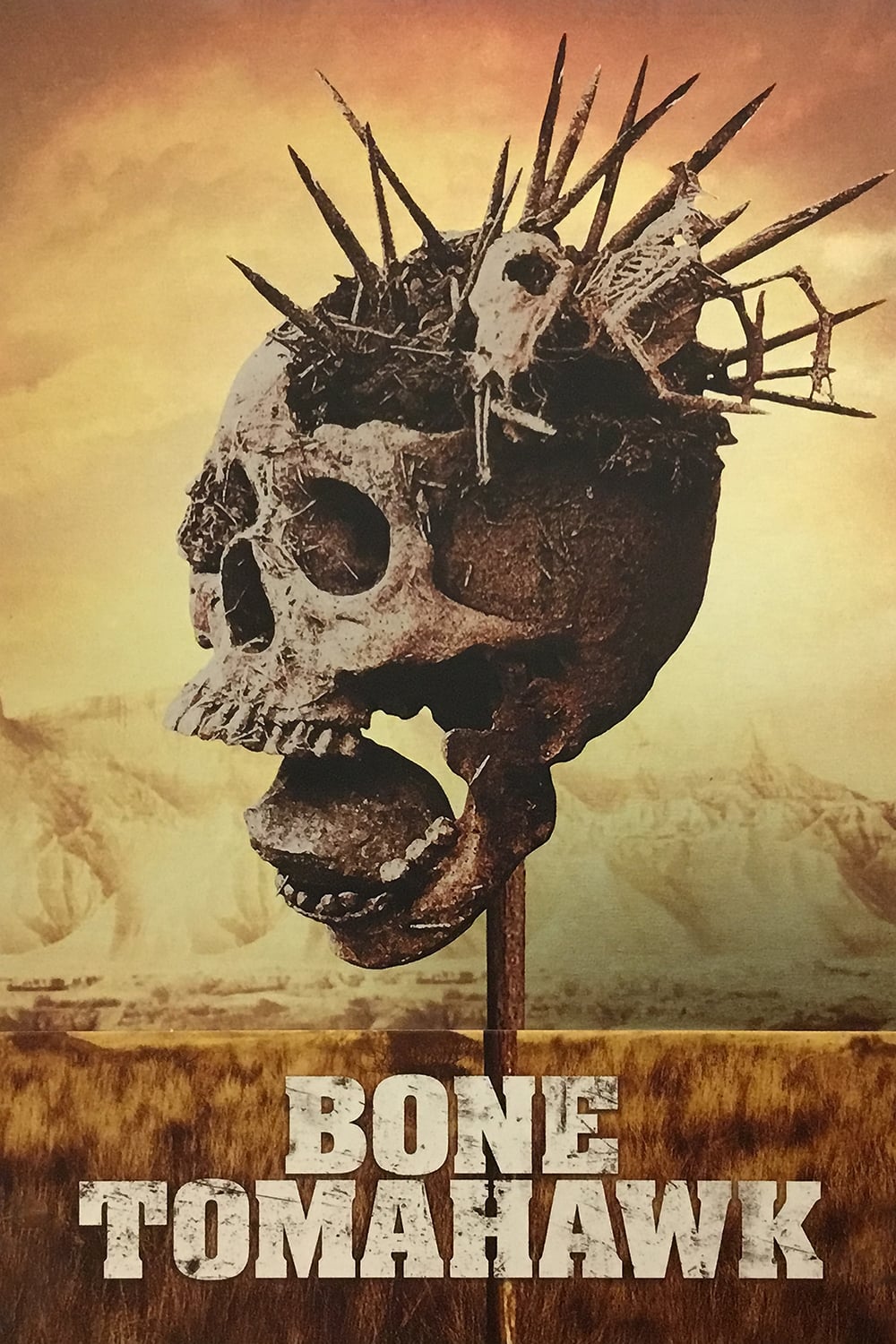
Bone Tomahawk - dir. S. Craig Zahler
Okay, I’m gonna try to do my best to figure this film out, because it’s clear Zahler is tapping into some kind of fascistic worldview in his films, but what isn’t clear to me is why it’s any different from the stuff Clint Eastwood puts out–which isn’t a critique of either artist, I love Clint and I have enjoyed the two Zahler movies I’ve seen, but it’s so bizarre to see people who typically enjoy this kind of Western exploitation turn their noses up at Zahler’s deliberately diabolical pulp. There is an unresolved tension between the contemporaneousness of the piece and its worldview, the permissibility of fear and the way it encourages its audience to celebrate murder, or at least to derive a sense of putrid satisfaction from watching Native American “troglodytes” be slaughtered en masse.
I gotta ask–how different is this film, ideologically, from 15:17 to Paris–really? It’s not like 15:17 does any favors to its Muslim terrorist antagonists, it’s not like 15:17 doesn’t portray its American protagonists as patriotic heroes representing American values, even if we can understand from Eastwood’s auteuristic identity that he rejects this simplistic dichotomy. Why do we not grant Zahler the same grace, when it’s clear that his films operate beyond moral binaries? I don’t think we’re supposed to see these three main guys as heroes, even when we get the satisfaction of seeing them kill these fictional, cannibalistic Natives I don’t feel that it’s meant to be a statement on manifest destiny or anything, it’s merely fear propped up against an enemy beyond understanding or reason. Is that not the same dynamic that classical Western directors attempted to explore in their work, which has been heralded by many as critical? The post-Western–show racists being racist but understand that beneath the racism there is a critique.
And I support this attempt to reconcile the contradictions inherent to the Western genre, it is a genre fraught with tension. Glorification versus condemnation, the myth of America pit against the bloody truth. Again, I must ask, why is this film at all different? In the end, when Frank offers some bullshit about “we will avenge you” and then reveals to his dopey deputy that it was bullshit meant to make the guy feel better, which then gets repeated back to him as he bleeds to death. Is this not the most obviously farcical thing in the world? Is it not apparent that Zahler’s film, while offering the thrills of pulp cinema, also interrogates its own violence? To me, he is like a superior Tarantino–able to spend time with his characters, able to give the audience the blood and guts they come for, but unlike Tarantino able to still look inward and move past the homage.
For me, the only scene in the movie that struck me as stupid was having the “real” Native character come in and clarify that the villains weren’t “real” Natives. It stinks of cowardice, of Zahler’s attempt to have his exploitation but also permit the liberals in the audience to “enjoy” the murder. I think the brutality and animalism speaks for itself, by the time we actually meet these Native antagonists it’s abundantly clear that nothing about them is “real.” They make no noise besides a blood-curdling, inhuman howl, they seem resistant to bullets, they have super strength. They exist purely as figment of the fascistic imagination, and anybody who buys into the narrative on the surface is equally guilty as someone who watches American Sniper and comes away thinking Chris Kyle is a hero–that is to say, the movie provides the audience with two paths, your ideology will shape how you see it. 7/10.
-

Enys Men - Mark Jenkin
Breathing cinema, patient and atmospheric, exactly what I want from a film in rough sketches. I wish it had been less psychologically ambiguous, but I like that the film gives permission to suggest the existence of arcane forces, the Earth as an organism.
-
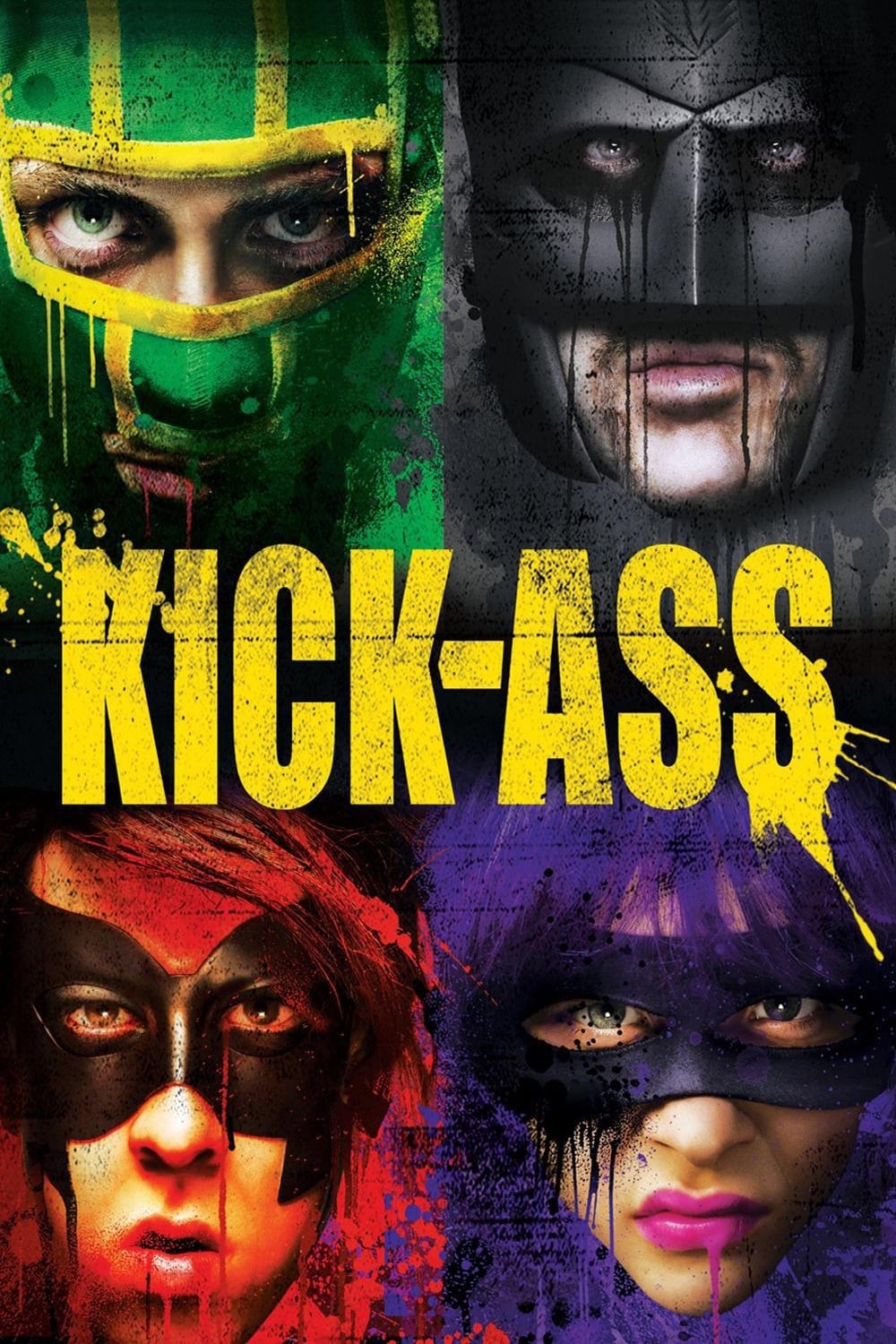
Kick-Ass - dir. Matthew Vaughn
Not my thing at all lol
Probably should’ve been directed by Joe Carnahan
4/10
-
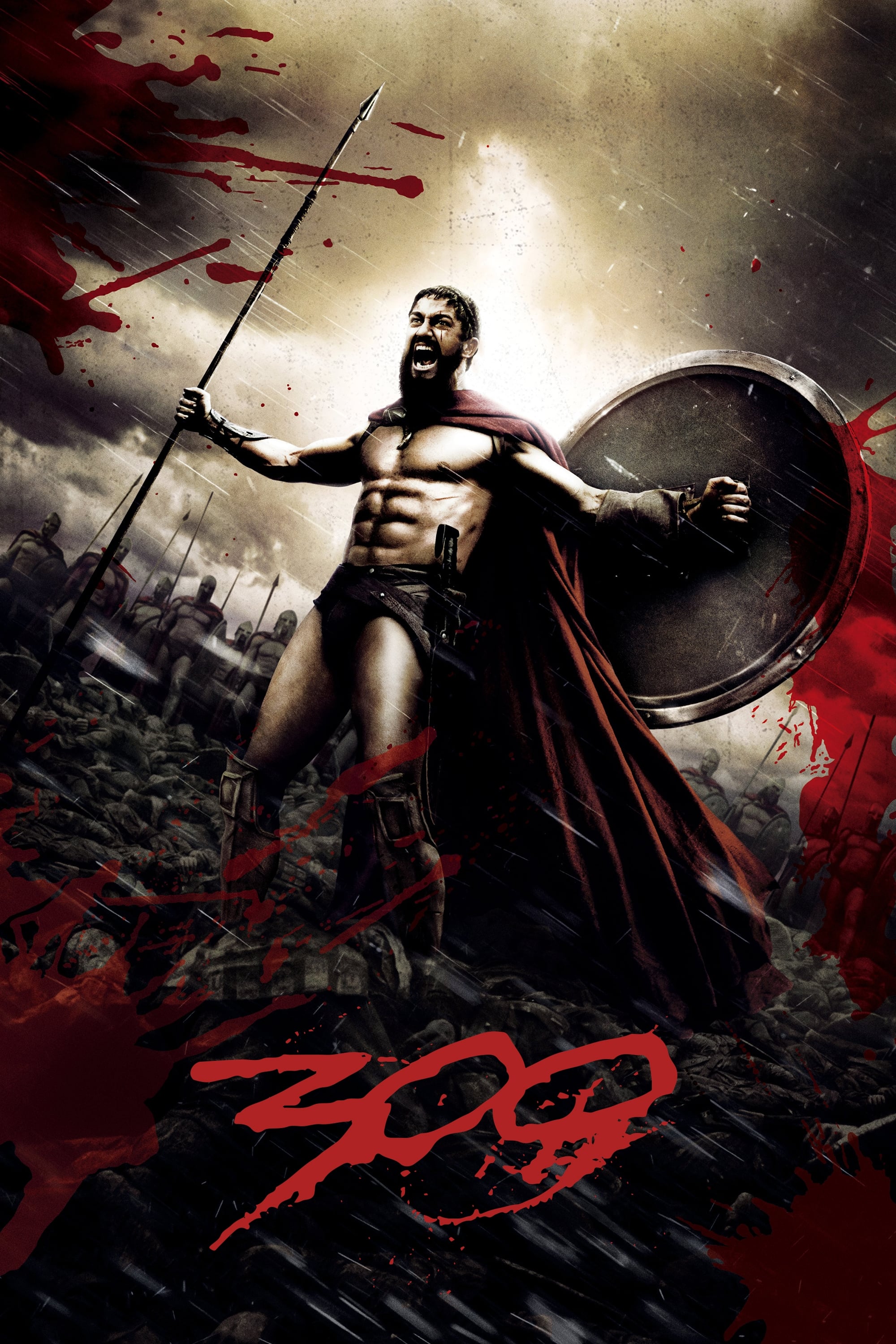
300 - dir. Zack Snyder
I don’t hate art when it’s being sincerely fascist, but I don’t love it either. 5/10.
-
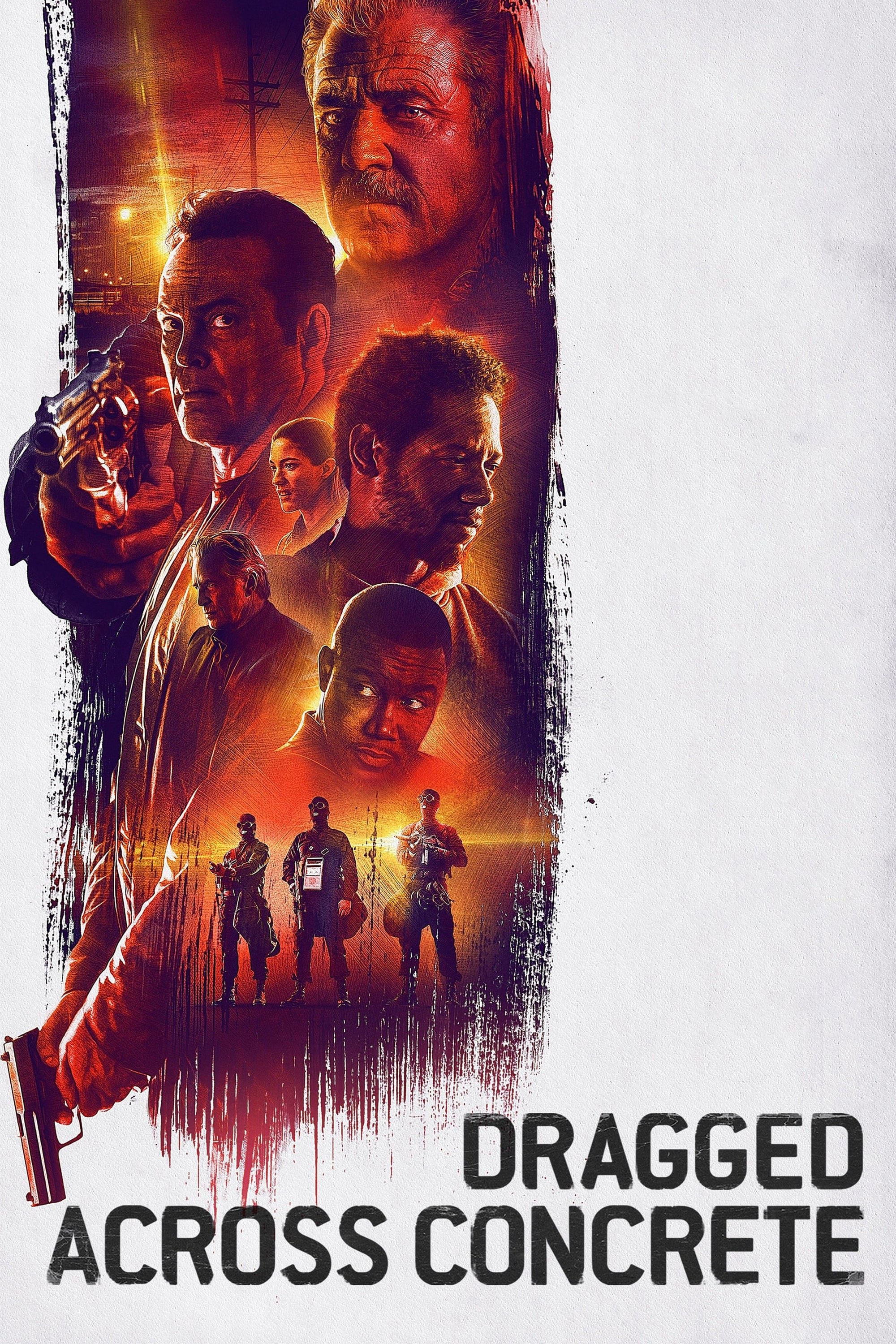
Dragged Across Concrete - dir. S. Craig Zahler
First Zahler where I’m just not into it at all.
I think his style only works in desperate circumstances. These two cops have it way too easy, they keep saying they’ve got no option but they’re clearly middle class. They can just leave.
Whole thing feels reactionary in a way his other two films just didn’t, at least not to me.
Really, really boring. 4/10.
-
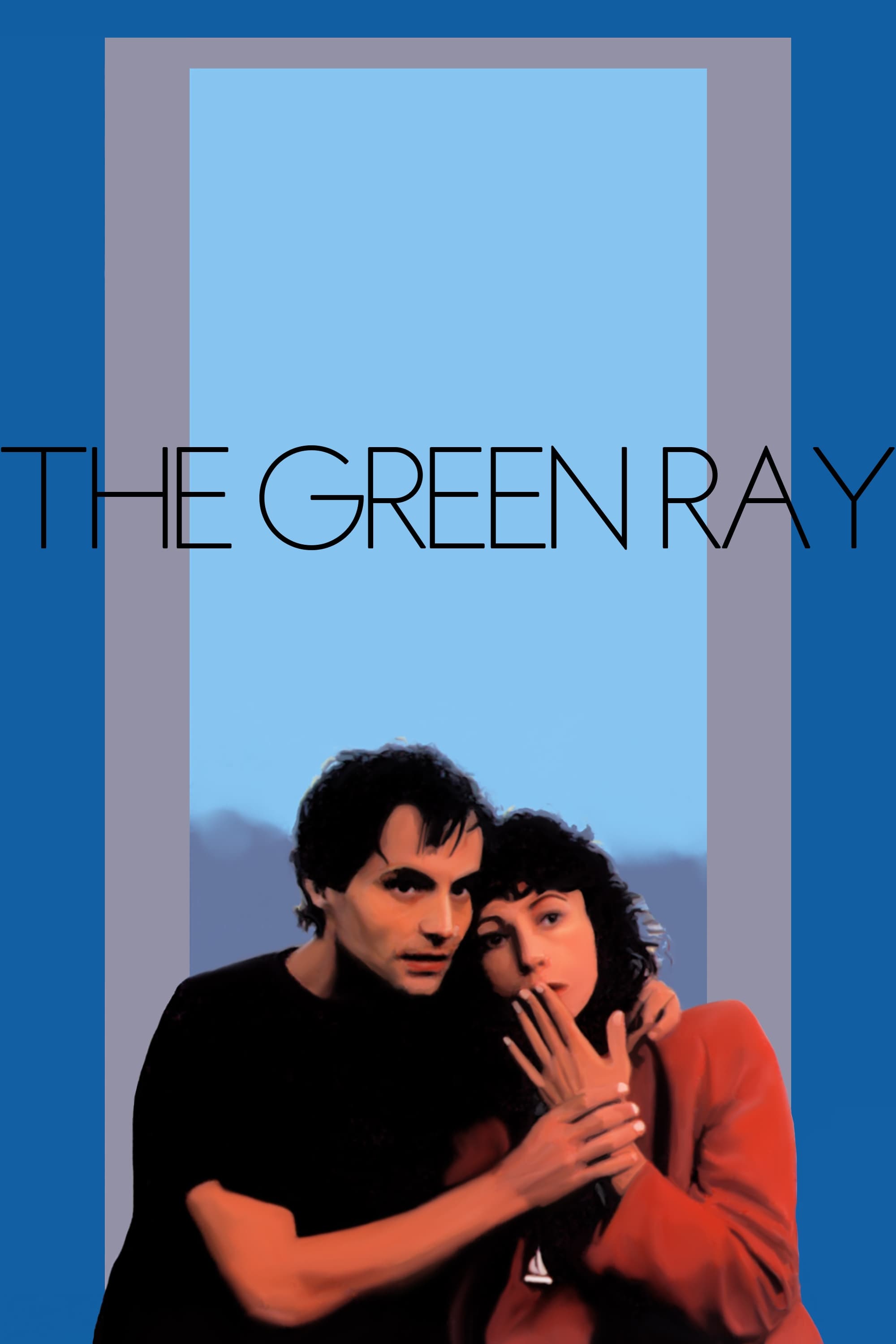
The Green Ray - dir. Éric Rohmer
I am about to make Eric Rohmer my entire personality, I swear to god. You people are not ready for it. I suggest unfollowing me immediately because i’m about to exclusively write my reviews in Duolingo level French.
I GET IT.
I fell in love with this movie. Oh lord. There were moments where I looked through Rohmer’s camera at Delphine and I felt my heart peak through my retinas. So much love.
Traveling alone and feeling like you don’t belong. I have BEEN there. I GET IT. I GET IT!!!!! DELPHINE I UNDERSTAND YOU!!!!
This is how I want to make movies. Rohmer is my blueprint. I thought it was Hong Sang-soo–and I do love him still–but Rohmer’s images are more akin to the stuff I see in my brain when I picture the scripts I write.
I actually have a short film coming out soon that I think is able to articulate my own artistic inspirations. It’s rougher than Rohmer but moving forward I wish to model my process after him.
I like when filmmakers are in love with their subjects. At least a little bit. 9/10.